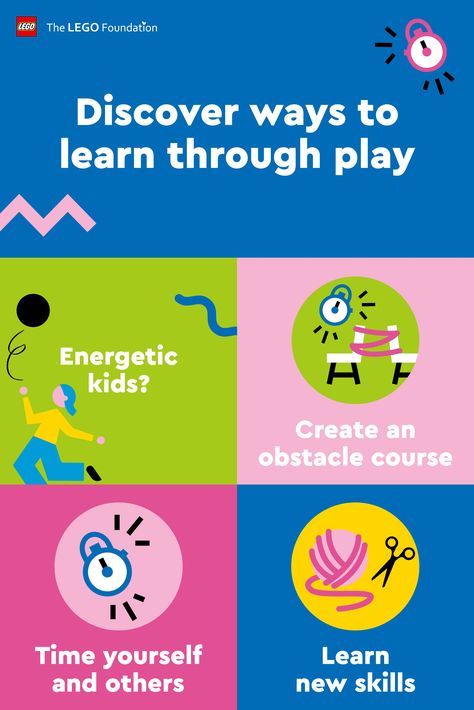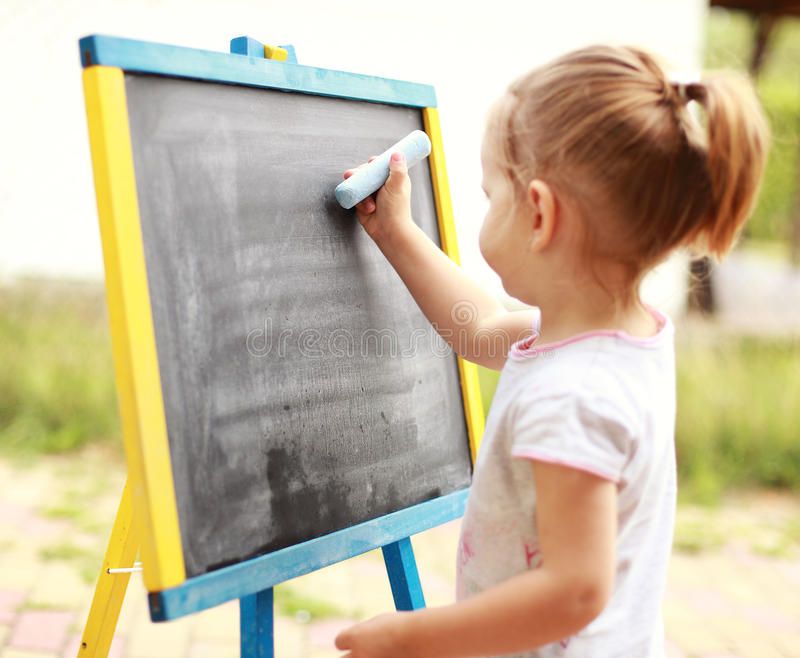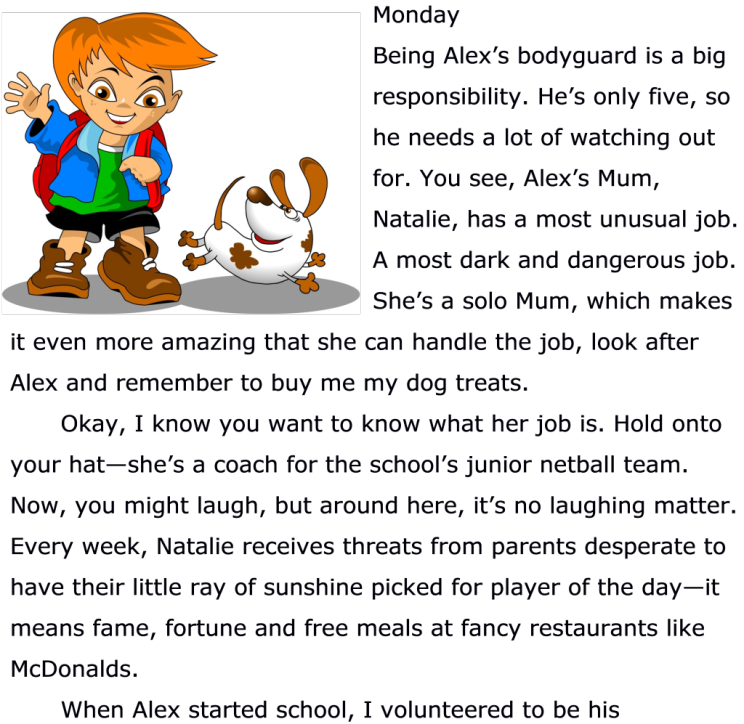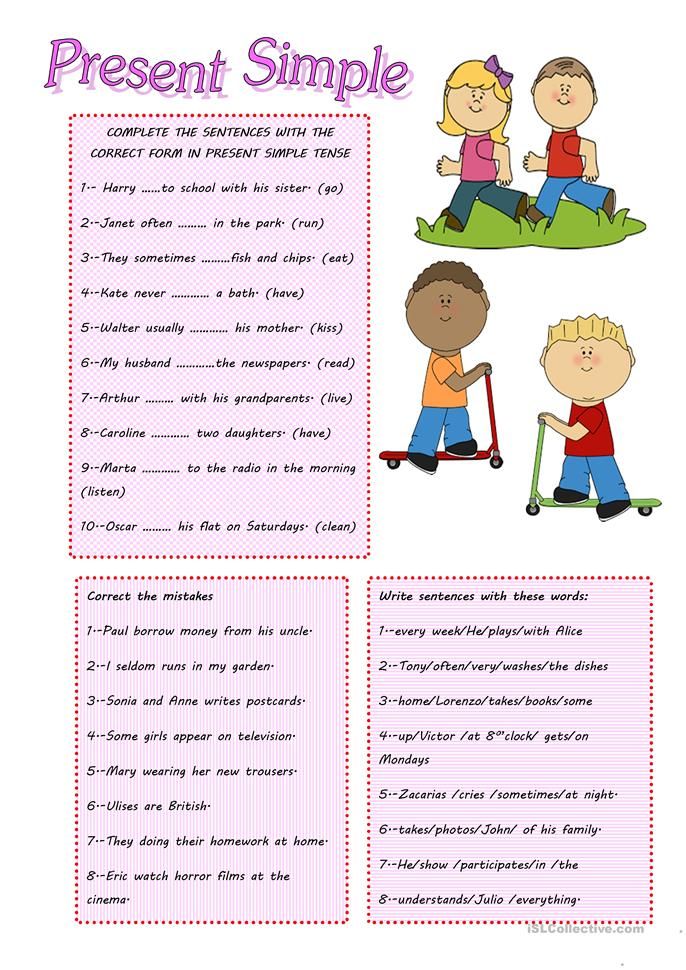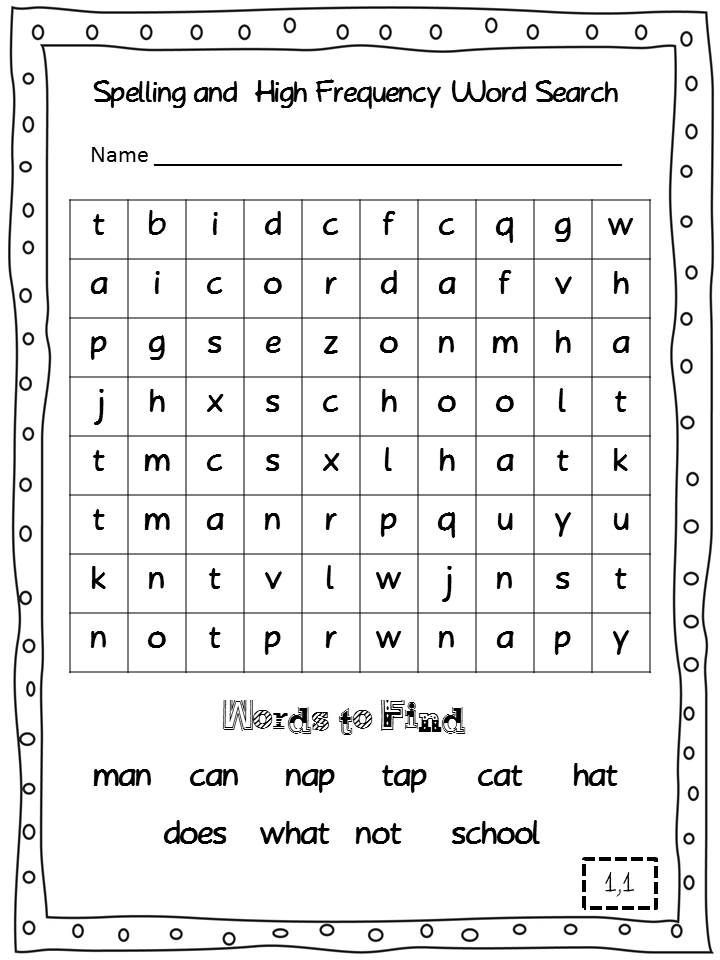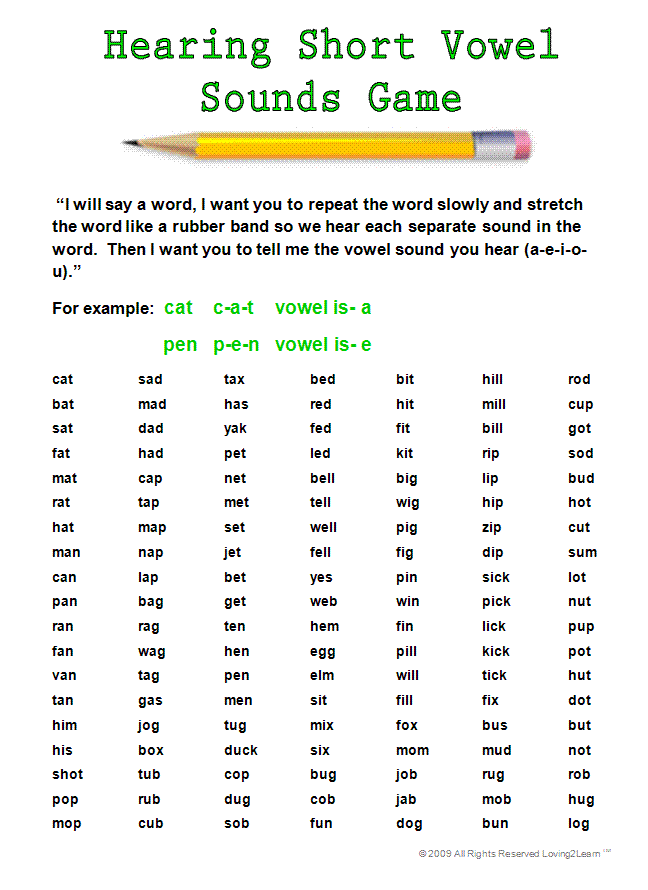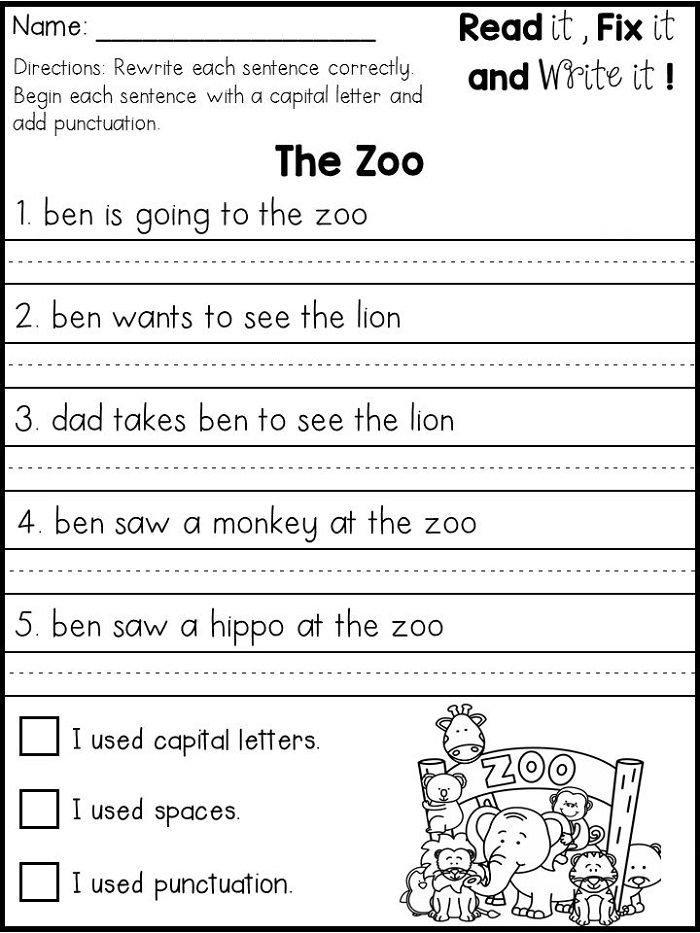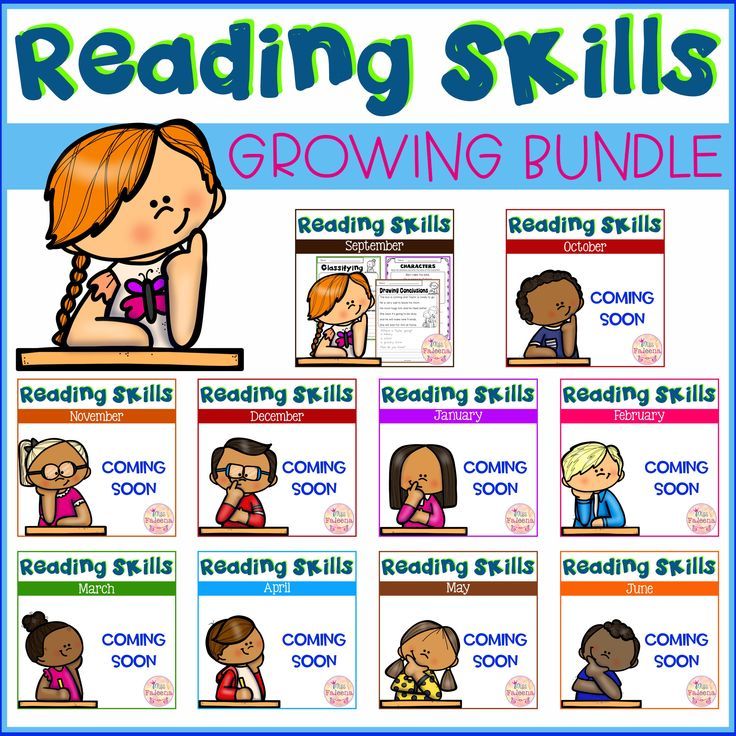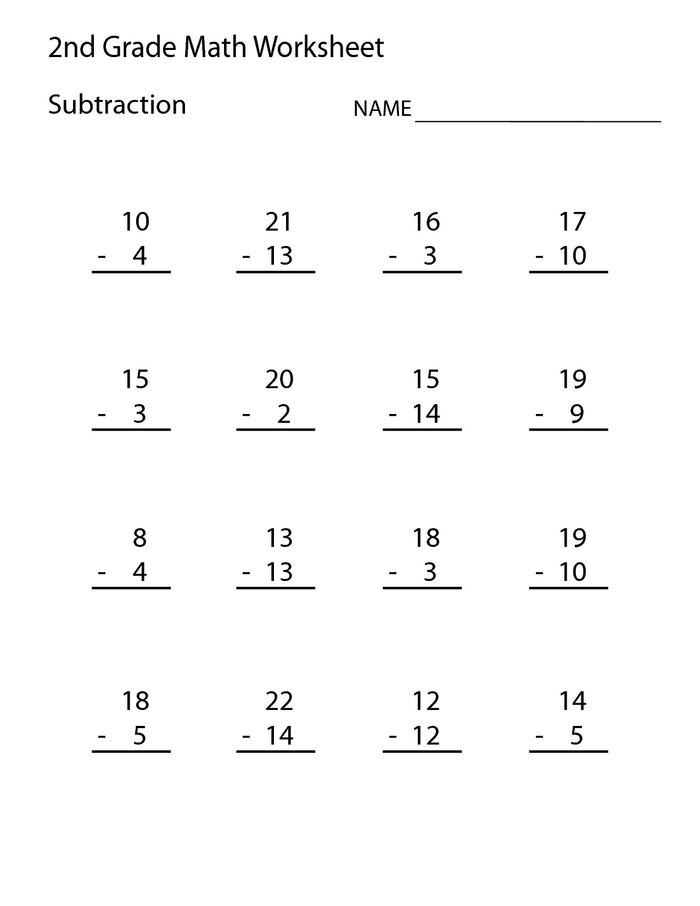Social skills for preschoolers
How to raise kind and competent kids
© 2006- 2020 Gwen Dewar, Ph.D., all rights reserved
Preschool social skills depend several core competencies, including self-control, empathy, and verbal ability. And while they include a knowledge of basic etiquette — like knowing when to say “please” and “thank you” — the most crucial skills are psychological.
To become socially adept, kids need to learn a lot about emotions and human nature. They need to learn how to
- cope with negative emotions, like anger and sadness;
- pay attention the social cues around them;
- recognize what emotions other people are feeling;
- consider other perspective and points of view;
- notice when someone is struggling, and offer help;
- express sympathy;
- resolve conflict without resorting to aggression;
- form and maintain friendships;
- offer forgiveness; and
- express remorse and make amends after a transgression.
That’s a lot to tackle, and there isn’t any one end point. We can keep honing our social abilities throughout our lives. But the rewards can be great.
Young children with strong social skills are more likely to be accepted by their peers (Blandon et al 2010). They are more likely to excel academically, and less likely to develop behavior problems (Arnold et al 2012; Bornstein et al 2012).
So how do we nurture preschool social skills? I’ve heard people claim that young children need to spend a lot of time with kids their own age. But history and anthropology tell us otherwise.
In most past societies, children socialized in mixed-age playgroups, not preschools. Toddlers learned crucial social skills from adults, adolescents, and older children — not from other toddlers. And how could it be otherwise?
Young children are less likely to model the right behaviors and responses. They are social novices, so they aren’t the best social tutors.
No, the most helpful social influences are older kids, teens, and adults.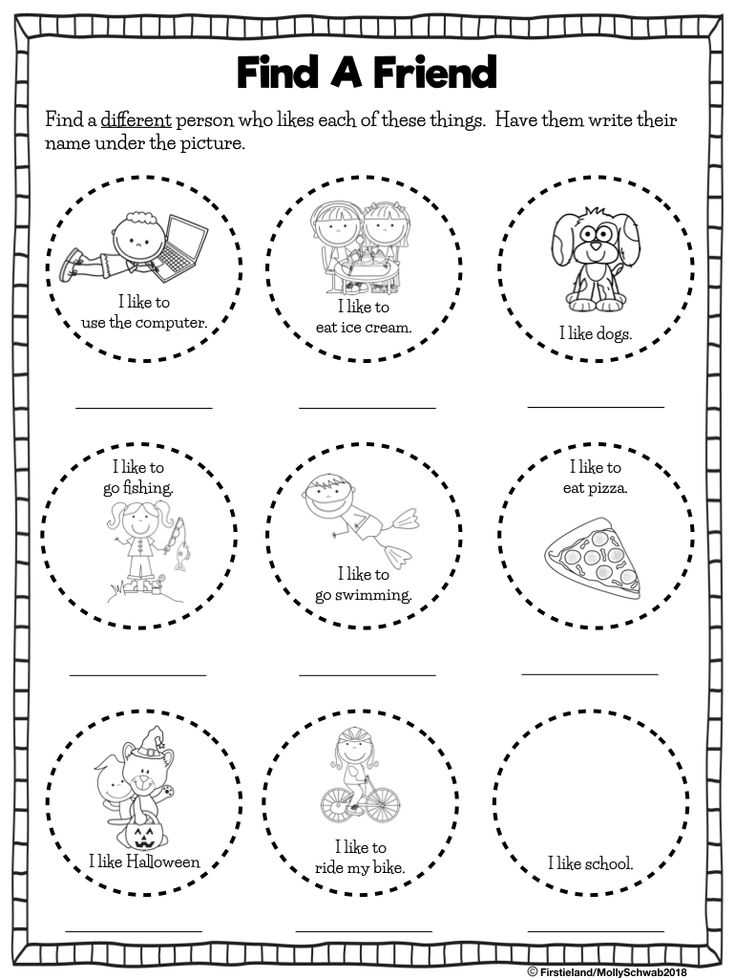 They’re more experienced and knowledgeable. They have a more extensive emotional and cognitive tool kit for solving problems, making them more reliable role models.
They’re more experienced and knowledgeable. They have a more extensive emotional and cognitive tool kit for solving problems, making them more reliable role models.
And parents? Parents are especially important. They don’t merely serve as potential role models and tutors. They also shape their children’s early environment — making kids feel secure; buffering kids from stress; helping ensure that kids get enough sleep. And all of these things have an impact on social behavior.
So here are some suggestions for boosting your child’s social-savvy: Evidence-based tips for fostering preschool social skills.
1. Maintain a loving, secure relationship with your child.
When parents show themselves to be caring and dependable — sensitive and responsive to their children’s needs — children are more likely to develop secure attachment relationships.
And children who are securely-attached are more likely to show social competence (Groh et al 2014; Rydell et al 2005).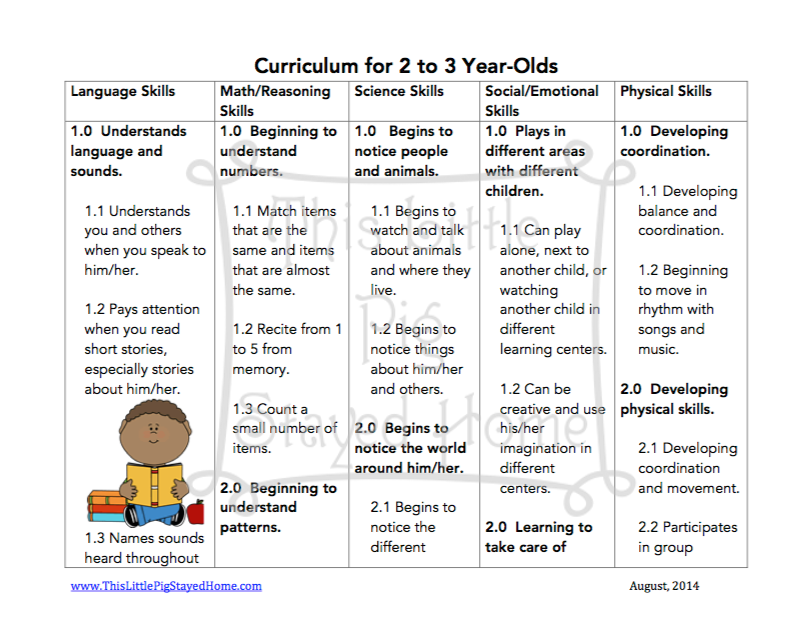 For instance:
For instance:
- Preschoolers with secure attachments at ages 2 and 3 have demonstrated greater ability to solve social problems, and less evidence of loneliness (Raikes and Thompson 2008).
- Young children with secure attachments are more likely to show empathy, and come to the aid of people in distress (Waters et al 1979; Kestenbaum et al 1989; Barnett 1987; Elicker et al 1992).
- Preschoolers with more secure attachments are more likely to share, and more likely to show generosity towards individuals they don’t like (Paulus et al 2016).
Why are secure attachments connected with social competence?
It probably has something to do with stress. As I note elsewhere, secure attachments buffer kids from the effects of toxic stress. Kids are less likely to experience anxiety. They are less likely to feel threatened.
So securely-attached children probably feel more comfortable reaching out to others, and they are better able to focus on learning social skills.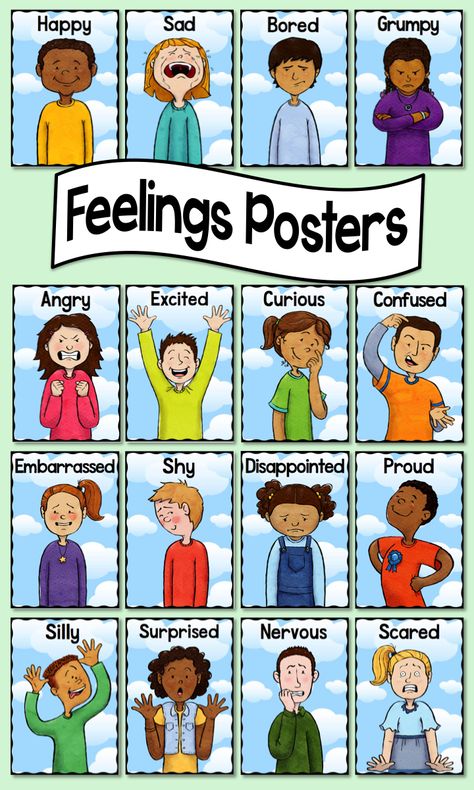
This causal pathway may be particularly strong for some kids. Studies indicate that some individuals possess genes that make them especially sensitive to the beneficial effects of secure attachment relationships (Bakermans-Kranenburg et al 2008; Bakermans-Kranenburg and van Iizendoorn 2011; Knafo et al 2011; Kochanska et al 2011).
But let’s be clear: Sensitive, responsive parenting doesn’t guarantee that your child will become a social super-star. It doesn’t even guarantee that your child will become securely-attached. Many other factors — including genetic factors — also play a role.
For example, a child’s ability to pay attention is influenced, in part by genetic factors (Faraone and Larsson 2018). And poor attention skills can interfere with both the development of secure attachments and the development of social skills (Storebø et al 2016; Papp et al 2013).
So sensitive, responsive parenting shouldn’t be the only item on our checklist. The development of secure attachments — and social skills — is more complicated than that. But sensitive, responsive parenting is a crucial starting point. You can read more about the many health benefits of sensitive, responsive parenting in this Parenting Science article.
But sensitive, responsive parenting is a crucial starting point. You can read more about the many health benefits of sensitive, responsive parenting in this Parenting Science article.
2. Be your child’s “emotion coach.”
Emotional competence is the key to strong preschool social skills (Denham 1997). The better children understand emotions, the more they are liked by peers (Denham et al 1990; McDowell et al 2000).
For example, shy children are at greater risk of being rejected by peers, but when shy children possess a well-developed ability to recognize emotions, this risk is much reduced (Sette et al 2016).
So how can we help kids understand emotions? By engaging them in conversation. By talking with them the situations and events that trigger emotions.
What makes us feel angry? What makes us feel sad? What makes us feel happy? Worried? Frightened? When adults explain emotions and their causes — and share constructive suggestions for coping with negative feelings — kids learn how to better regulate themselves.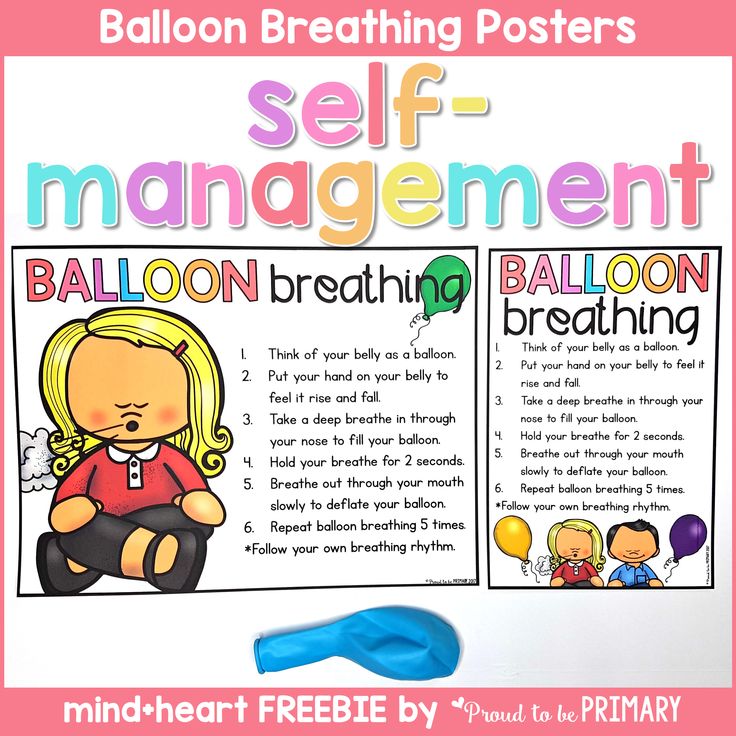
In one study, parents who used “more frequent, more sophisticated” language about emotions had kids who could better cope with anger and disappointment (Denham et al 1992).
In another, parents who were specifically encouraged to coach their children were rewarded with improvements in behavior. Preschoolers were better able to handle their frustration (Loop and Roskam 2016).
For advice about helping kids understand emotions, check out my guide to being your child’s emotion coach.
In addition, see the Parenting Science article, “Teaching empathy: Evidence-based tips for fostering empathy in children.”
3. Be calm and supportive when children are upset, and don’t dismiss their negative emotions.
This goes hand in hand with being your child’s emotion coach. When a child launches into a seemingly irrational crying jag, it’s natural to want to shut him or her up. But simply telling a child to be quiet doesn’t help that child learn.
Research suggests that children are more likely to develop social-emotional competence if we acknowledge bad feelings, and show children better ways to solve their problems.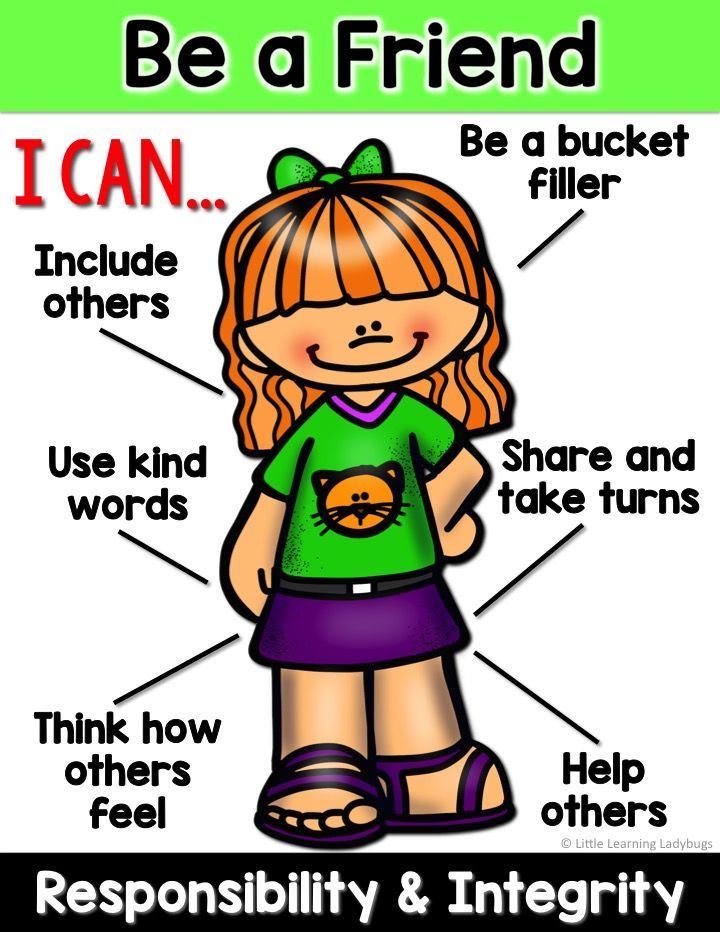 Examples?
Examples?
In a study tracking toddlers for twelve months, parents who took this approach were more likely to end up with highly prosocial children. This was true even after researchers adjusted for a child’s initial tendencies to (1) become distressed, and (2) engage in prosocial acts (Eisenberg et al 2017).
Other studies indicate that young children who receive emotional support are less likely to direct negative emotions at peers (Denham 1989; Denham and Grout 1993). They are also better liked by peers (Sroufe et al 1984), and rated as more socially-competent by teachers (Denham et al 1990; Denham 1997).
4. Make sure your child is getting enough sleep.
You’ve already noticed that a poor night’s sleep makes your child moody and less attentive. But what if the condition is chronic? What it a child experiences a regular sleep deficit?
Studies keep telling us the same thing: Sleep duration is linked with social skills and behavior problems.
For example, in a study of preschoolers, researchers found that kids were more likely to exhibit good social and emotional skills if they logged more time asleep each night.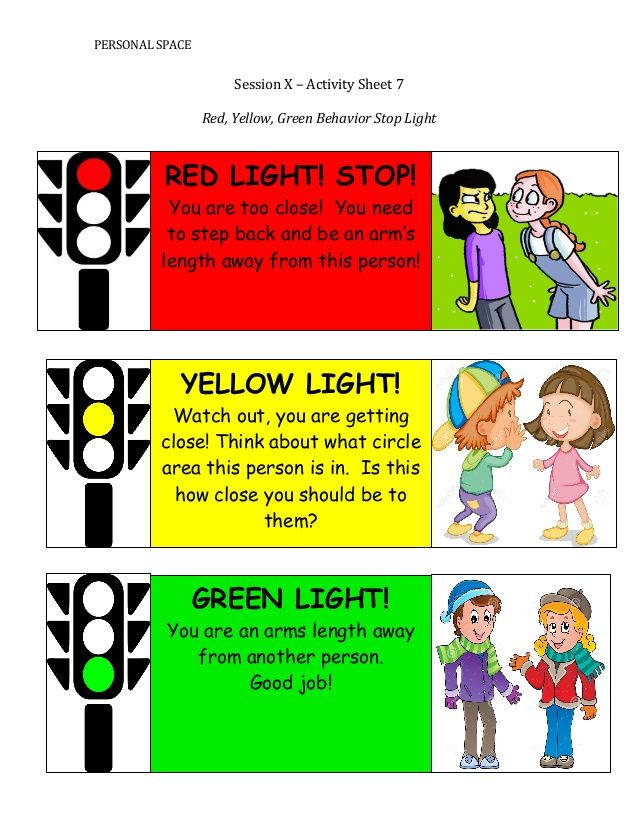 These good sleepers were also more likely to be accepted by their peers (Vaughn et al 2015).
These good sleepers were also more likely to be accepted by their peers (Vaughn et al 2015).
And another study found that preschoolers with sleep problems were more likely to develop attention and hyperactivity problems (Touchette et al 2007) — problems that impact a child’s social functioning.
So it’s important not to overlook the impact of good sleep habits. Having trouble? See this Parenting Science guide to solving bedroom problems.
5. Practice inductive discipline.
Across the world, many parents use inductive discipline, the practice of explaining the reasons for rules, and talking — calmly and sensitively — with children when they misbehave (Robinson et al 1995).
Inductive discipline is one of the key components of authoritative parenting, a style of child-rearing associated with fewer behavior problems. And there is evidence that this conversational approach to discipline promotes the development of empathy and moral awareness (Krevans and Gibbs 1996; Knafo and Plomin 2006; Patrick and Gibbs 2012; Spinrad and Gal 2018).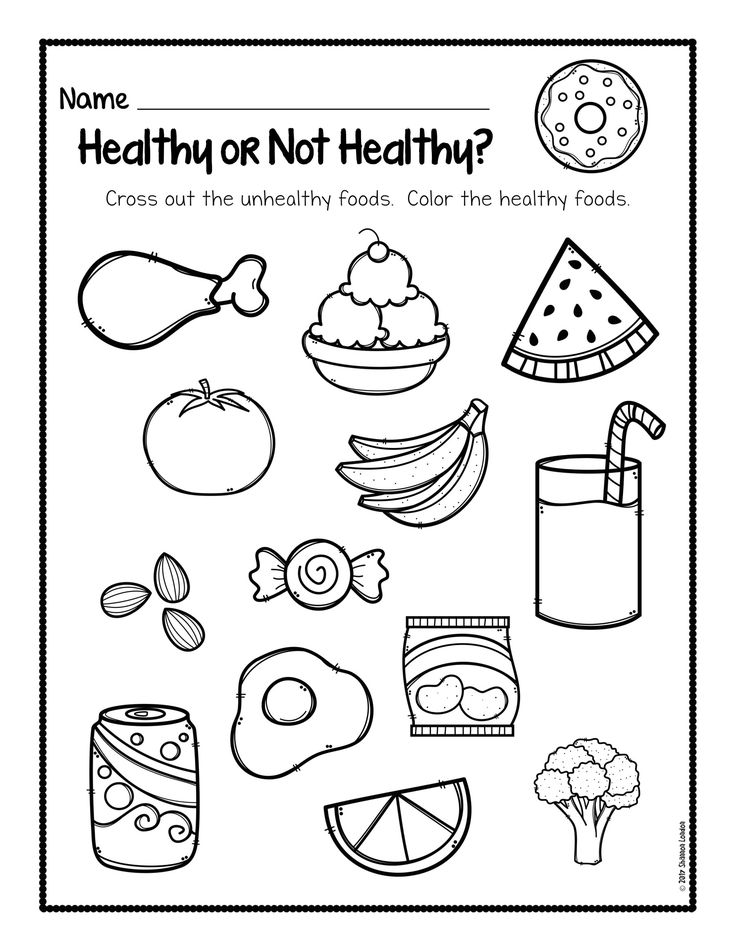
For example, in a study that tracked approximately 300 preschoolers over the course of three years, Deborah Laible and her colleagues found that children were more prosocial if their mothers practiced inductive discipline (Laible et al 2017).
And an earlier study found that the preschool children of “inductive” mothers were more prosocial, and more popular with peers. They were also less likely to engage in disruptive, anti-social behavior (Hart et al 1992).
Are you struggling with such behavior? Check out these evidence-based tips for handling aggression and defiance in children.
And for general tips on how to keep kids on track without resorting to threats and punishments, see my positive parenting tips.
6. Seize everyday opportunities to induce empathy.
Empathy is part of human nature. Even babies show signs of empathy. But that doesn’t mean that empathy develops automatically, without any feedback from the environment. The development of empathy depends, in part, on learning.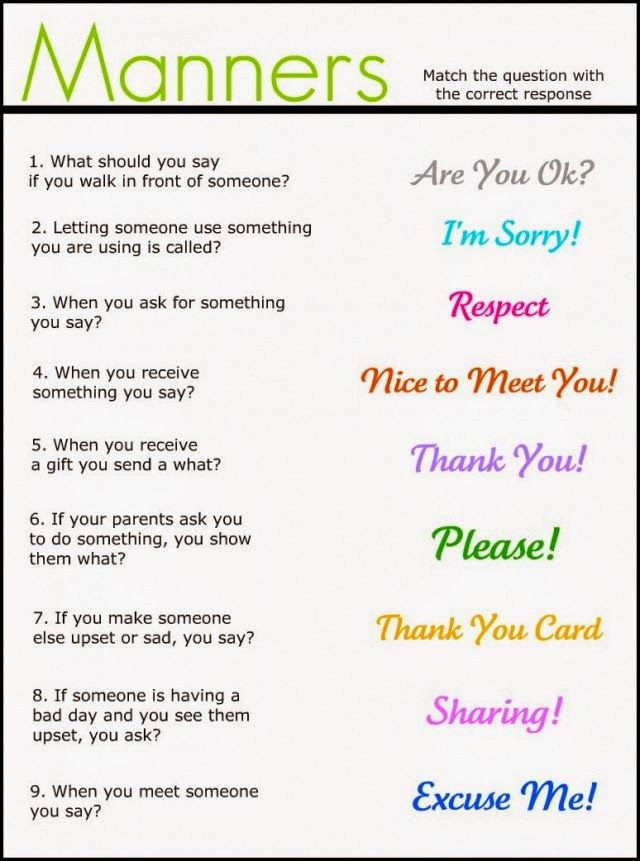 And that’s something we can help kids with.
And that’s something we can help kids with.
If someone is suffering, we can call attention to the fact, and ask kids to imagine how that individual feels.
Research on elementary school students suggests that simply asking kids to reflect on someone else’s plight is enough to increase their feelings of empathy (Sierksma et al 2015).
And researchers have used training exercises in caring — asking kids to actively think about the emotions of other people — to foster greater empathy and social skills in preschoolers (Flook et al 2015).
7. Teach kids to take turns, and encourage them to practice turn-taking in everyday life.
Taking turns is essential for all sorts of social interactions. It promotes a sense of order, mutual respect, and reciprocity. And as Rodolfo Cortes Barragan and Carol Dweck discovered, it may even trigger acts of kindness.
In a series of experiments, the researchers showed that young children became more altruistic after engaging in a simple, reciprocal activity.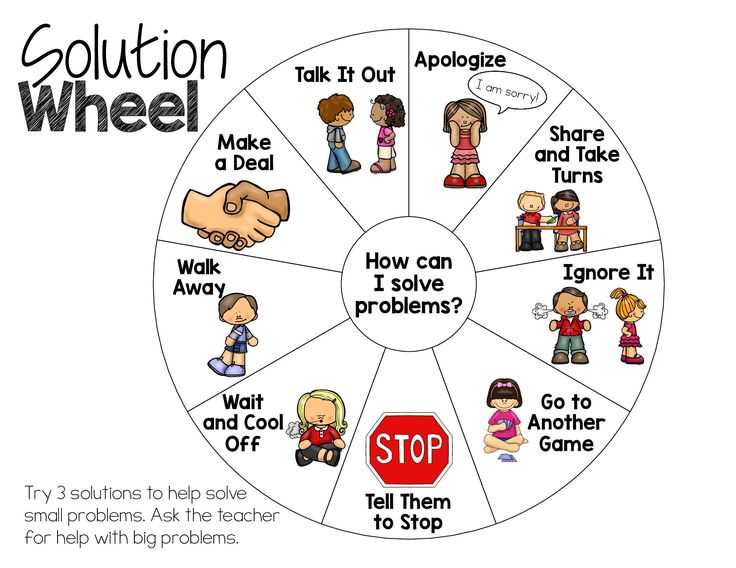
After a brief game — rolling a ball back and forth with stranger — these kids showed generosity toward their new playmate. Given the opportunity, they were more likely to share a prize.
By contrast, kids were less giving if they had experienced only “parallel play,” playing alongside a stranger, but without exchanging a ball (Cortes Barragan and Dweck 2014).
8. Inspire children with encouraging words —
not criticism.Young children thrive on praise, particularly when we praise their good choices and actions.
What about criticism? Here we must tread carefully, because kids can get the impression that we view them as inherently inferior or bad. And that perception undermines their motivation to improve.
So it’s advisable to avoid negative language when a child’s social behavior disappoints. Stop being mean. I can’t take you anywhere.You’re out of control! Why are you so shy? In the heat of the moment, such talk might seem justified.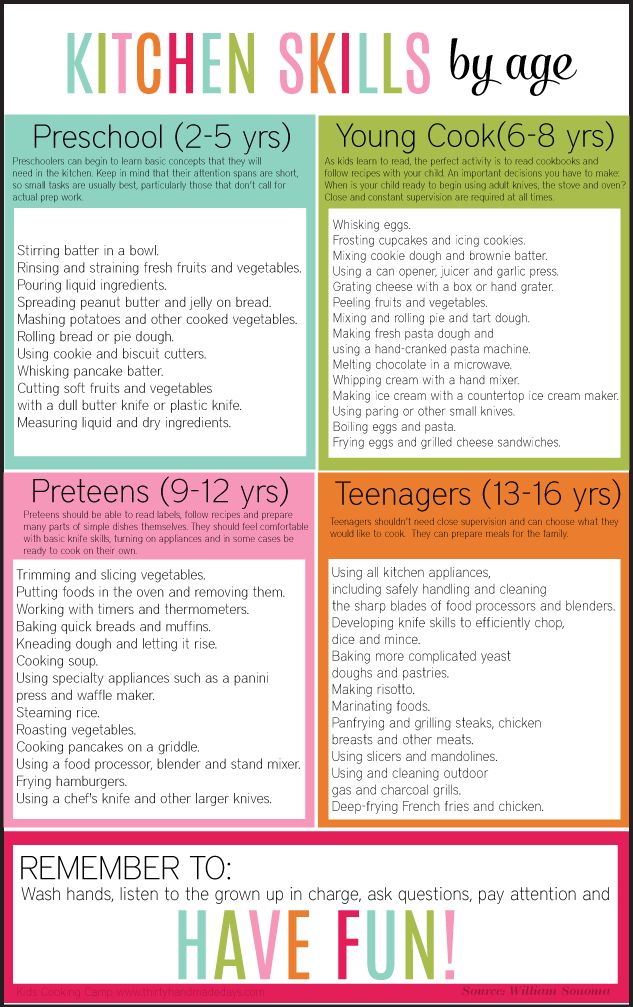 But it isn’t helpful, and you risk making things worse.
But it isn’t helpful, and you risk making things worse.
What works better is a constructive approach — challenging children to think of ways they could do better. Read more about it in my article, “Correcting behavior: The magic words that help kids cope with mistakes.
9. Provide children with free, unforced opportunities to experience the
emotional rewards of giving.Why do people act generously toward each other? There are many reasons. We feel empathic concern for people in need. We may feel a sense of responsibility. Or a moral imperative to act.
But there’s also a self-serving motive. Giving feels good. It gives us a pleasant rush. It lifts our mood. And even young children experience this effect (Paulus and Moore 2017).
So we can foster prosocial behavior by encouraging children to engage in everyday acts of generosity. Kids learn that good deeds are emotionally rewarding, and become more generous over time.
But be careful not to force the issue.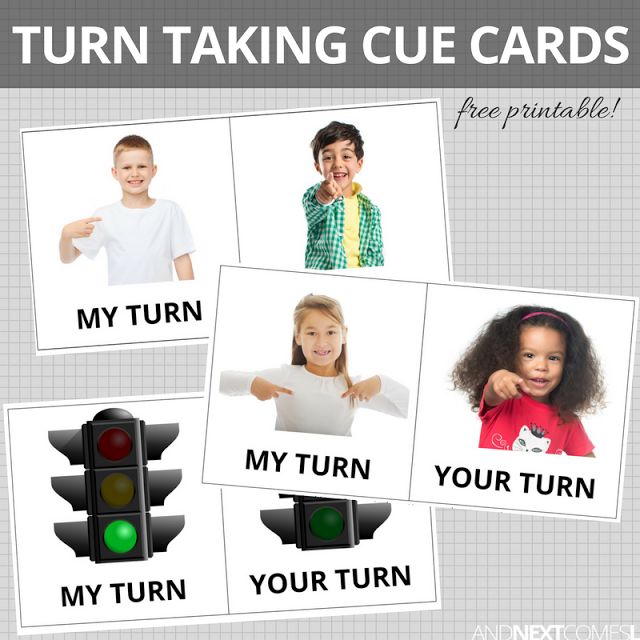 When kids are forced to give, they probably won’t experience that pleasant, emotional rush. And an experience of “forced giving” doesn’t teach preschoolers to be more generous. On the contrary, it makes them less likely to engage in future acts of spontaneous generosity (Chernyak and Kushnir 2013).
When kids are forced to give, they probably won’t experience that pleasant, emotional rush. And an experience of “forced giving” doesn’t teach preschoolers to be more generous. On the contrary, it makes them less likely to engage in future acts of spontaneous generosity (Chernyak and Kushnir 2013).
Your best bet? Follow an approach tested by researchers: Provide your child with free, unforced opportunities to be generous. Is somebody sad? Does somebody need support? Talk with your child about what would make this person feel better, and allow your child to make a choice (Chernyak and Kushnir 2013).
10. Be careful about offering
material rewards for acts of kindness.Research on toddlers and primary school children suggests that we might undermine our kids’ impulses to be helpful when we bribe them with tangible rewards for being kind. For details, see this Parenting Science article on the perils of rewarding prosocial behavior.
If your child has social problems with peers, encourage a positive, constructive attitude. Let your child know that everybody gets rebuffed and rejected sometimes. In one study, about half of all preschooler social overtures were rejected by peers (Corsaro 1981).
Let your child know that everybody gets rebuffed and rejected sometimes. In one study, about half of all preschooler social overtures were rejected by peers (Corsaro 1981).
Kids with the strongest social skills treat rebuffs as temporary setbacks that can be improved. We can encourage this attitude by helping children interpret rejection in a less threatening light. Maybe doesn’t want to play because he’s shy. Maybe she just wants to play by herself right now.
In addition, we can help children brainstorm solutions, and encourage them to predict how different social tactics might work.
Such thought experiments encourage children to consider what other people are feeling (Zahn-Waxler et al 1979). They also help children to explore ways they can adapt and “fit in.”
For instance, a child who’s met with resistance (“You can’t play firefighter with us because there isn’t enough room in the fire engine”) might find another way to join the game (“Help! My house is on fire!”).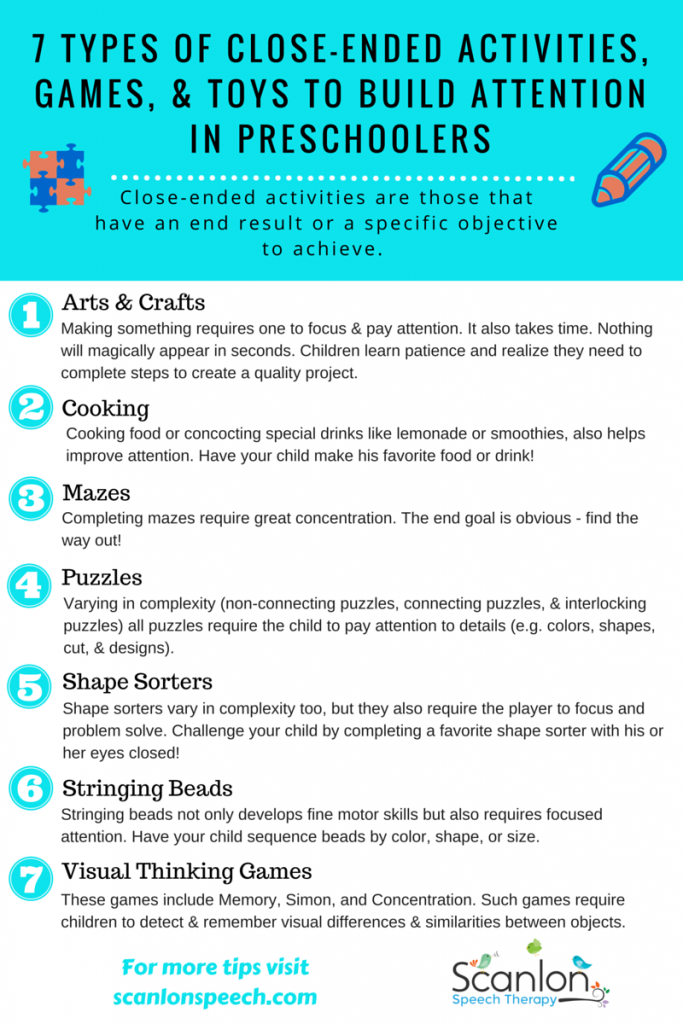 This is one of the secrets of children with strong preschool social skills. They are responsive to the play of others, and they know how to mesh their behavior with the behavior of potential playmates (Mize 1995).
This is one of the secrets of children with strong preschool social skills. They are responsive to the play of others, and they know how to mesh their behavior with the behavior of potential playmates (Mize 1995).
12. Show kids how to apologize, make amends, and offer forgiveness.
Fascinating experiments on toddlers show that they understand the difference between the unintentional harm they cause and the harm caused by others. For example, when 2- and 3-year-olds believe they caused an accident, they feel a greater urge to help make things right (Hepach et al 2017).
Moreover, experiments indicate that young children notice when transgressors fail to apologize and offer to help. It might not lift a victim’s bad mood, but it can mend bad feelings toward the transgressor. When transgressors fail to reach out in this way, they harm their standing with peers. Over time, they may find themselves increasingly rejected by other kids.
So children are ready to learn about reconciliation, and have a natural incentive to do so.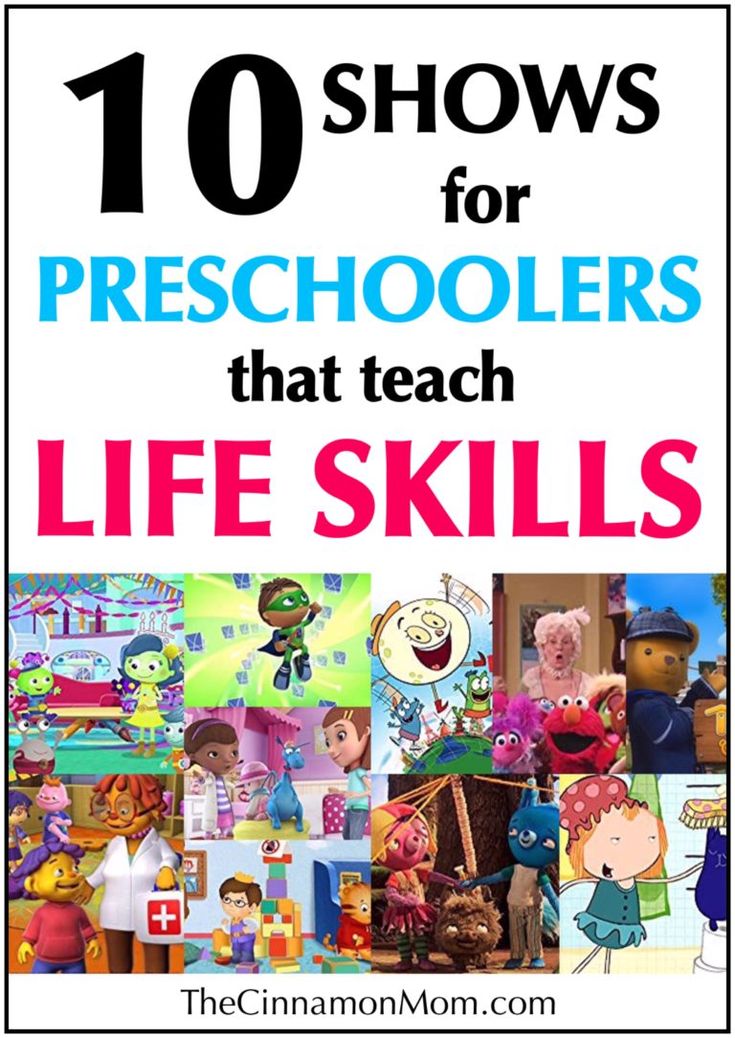 But what exactly should you do after you’ve gotten too pushy, and knocked over somebody’s castle of blocks? Or blurted out something mean-spirited that makes someone cry?
But what exactly should you do after you’ve gotten too pushy, and knocked over somebody’s castle of blocks? Or blurted out something mean-spirited that makes someone cry?
It can be hard for young children to figure out what to do in these situations. We can help by showing them concrete actions to take — how to speak up, apologize, pitch in to help reverse the damage, and offer the victim something cheering or friendly (like an opportunity to play a game together).
We can also show kids how to accept apologies with grace, and remember that everyone makes mistakes. It’s important for kids to adopt an effort-based mindset: An understanding that people aren’t good or bad, but rather imperfect individuals capable of learning from their mistakes.
Studies show this mindset protects children from feeling overwhelmed and helpless to change. For more information, see these Parenting Science articles about the effort mindset and ways that adults can help children adopt it.
13.
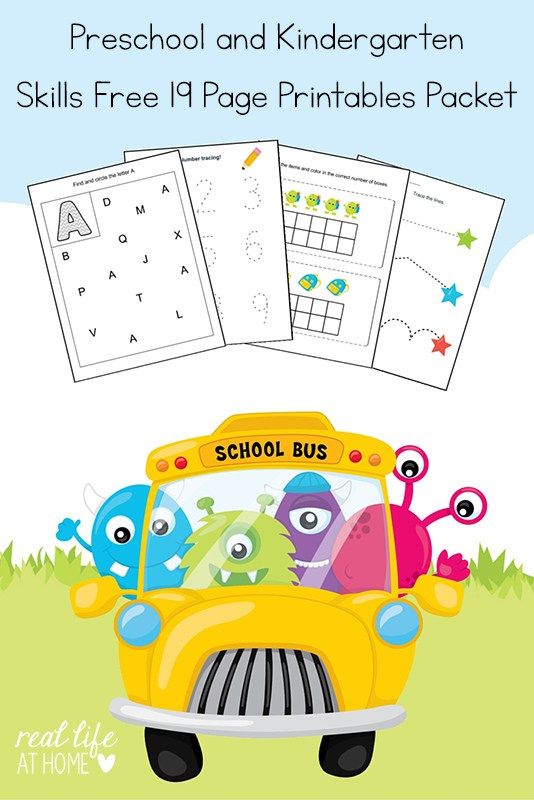 Model — and talk about — gratitude.
Model — and talk about — gratitude.Expressions of gratitude help grease the wheels of the social machine. They are essential for getting along in polite society. But experiments suggest that they also improve our mood and outlook. They make us feel less alienated, and more connected to friendly, caring others. In fact, just remembering a received kindness can make us more prosocial.
For these reasons, researchers who design preschool social skills programs emphasize the importance of gratitude.
In a preschool curriculum developed at the University of Wisconsin-Madison, children read stories about the acts of everyday kindness that people perform for each other throughout the world. They learn about people in their communities who help others (like firefighters, doctors, and bus drivers), and take on the roles of these people through pretend play. Teachers share their own feelings of gratitude, and show, by example, how to express it (Flook et al 2015).
Researchers are making this curriculum available to the public for free.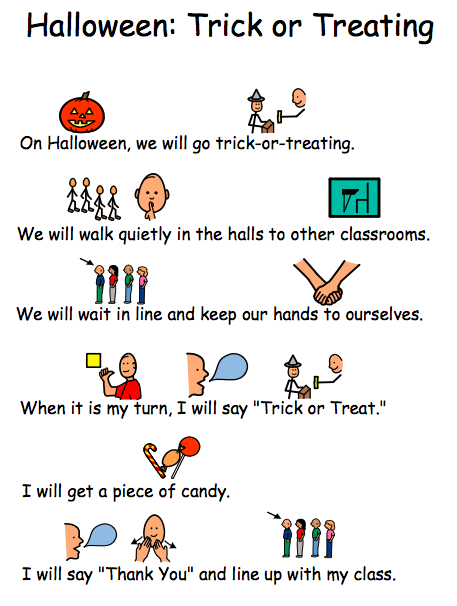 You can sign up for a copy here.
You can sign up for a copy here.
14. Introduce kids to cooperative games.
As I explain in this article, cooperative games are better-suited to the developmental capacities of preschoolers. And — like turn-taking games — cooperative games appear to encourage children to behave more generously toward each other (Toppe et al 2019).
15. Provide opportunities for pretend play with older kids and adults.
During the preschool years, pretend play is one of the most important ways that children forge friendships (Gottman 1983; Dunn and Cutting 1999).
Preschoolers who pretend together are less likely than other kids to quarrel or have communication problems (Dunn and Cutting 1999).
And dramatic pretend play — where kids act out specific scenarios, and portray the actions and emotions of different characters — may help children develop certain forms of self-control.
For example, a recent experimental study found that four-year-old kids improved their emotional control after participating in group sessions of dramatic pretend play (Goldstein and Lerner 2018).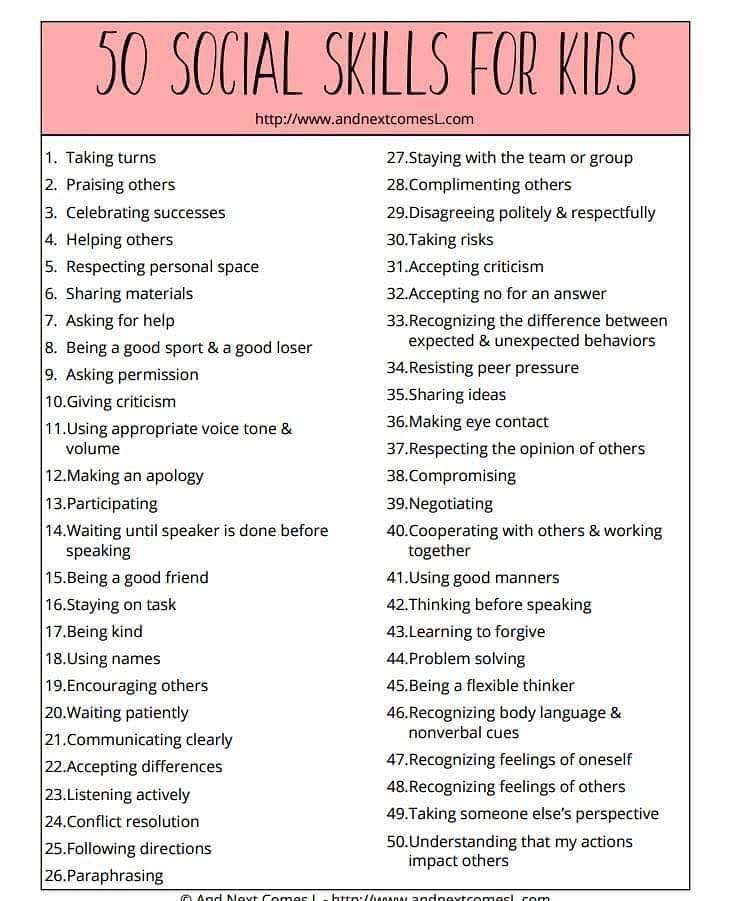
So pretend play is a promising tool for buildling social competence, but keep in mind: Preschoolers may need a nudge from us to reap the full benefits.
In the experimental study of dramatic pretend play, the researchers didn’t just tell preschoolers to play make-believe. They assigned kids specific challenges (like, “put on a chef’s hat and bake me birthday cake”). Adults encouraged kids to “physically enact the games, and to stay on task” (Goldstein and Lerner 2018). And that adult involvement might have been crucial.
Another point to consider? It’s important to avoid being bossy. Research indicates that kids with strong preschool social skills have parents who play with them in a cheerful, collaborative, way (MacDonald 1987).
For more information, see my Parenting Science article about the benefits of play, including pretend play.
16. Don’t put off conversations about race.
This is a common miscalculation that some parents — especially white parents — make.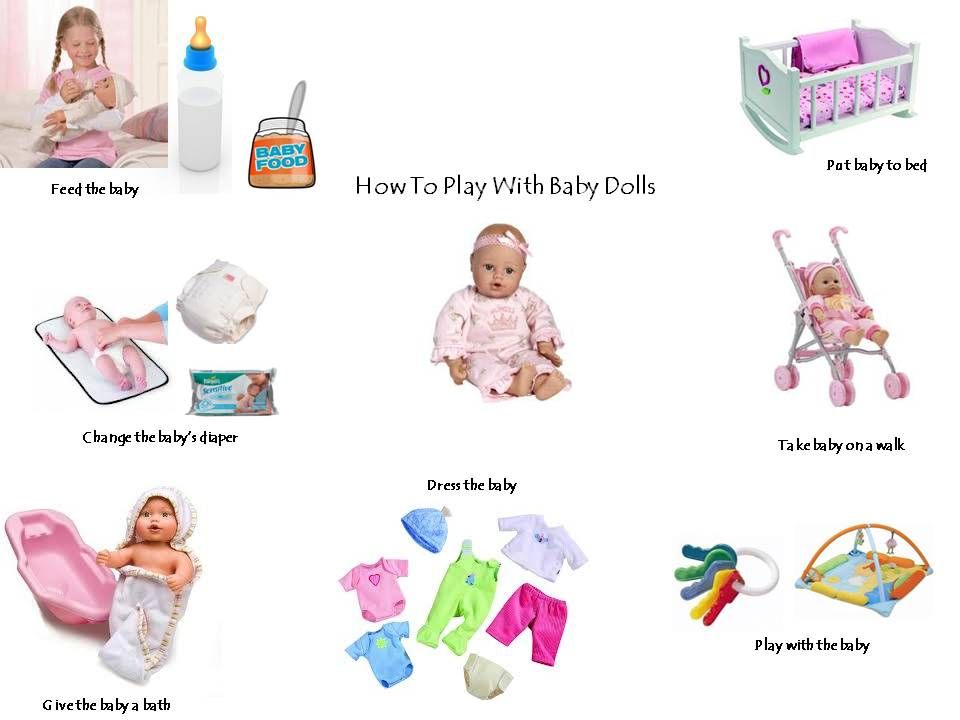 They assume that their children are too young to begin talking about race. My child hasn’t even noticed that racial categories exist. And isn’t that a good thing? Won’t that help ensure that my child will grow up free of racial prejudice?
They assume that their children are too young to begin talking about race. My child hasn’t even noticed that racial categories exist. And isn’t that a good thing? Won’t that help ensure that my child will grow up free of racial prejudice?
It might seem intuitive. But studies confirm that our children are picking up on racial cues long before they have learned to speak. They get exposed to racial stereotypes in the popular culture. And when we fail to talk with our children, opening and honestly about race and racial bias in society, our kids are more likely to develop racial biases of their own.
For more information, see my article, “6 mistakes that white parents make about race.”
17. Choose TV content that is non-violent and age-appropriate.
Research suggests that it makes a difference.
In a randomized, controlled study, Dimitri Christakis and his colleagues assigned some parents to substitute nonviolent, educational TV shows (like Sesame Street and Dora the Explorer) for the more violent programs their preschoolers usually watched.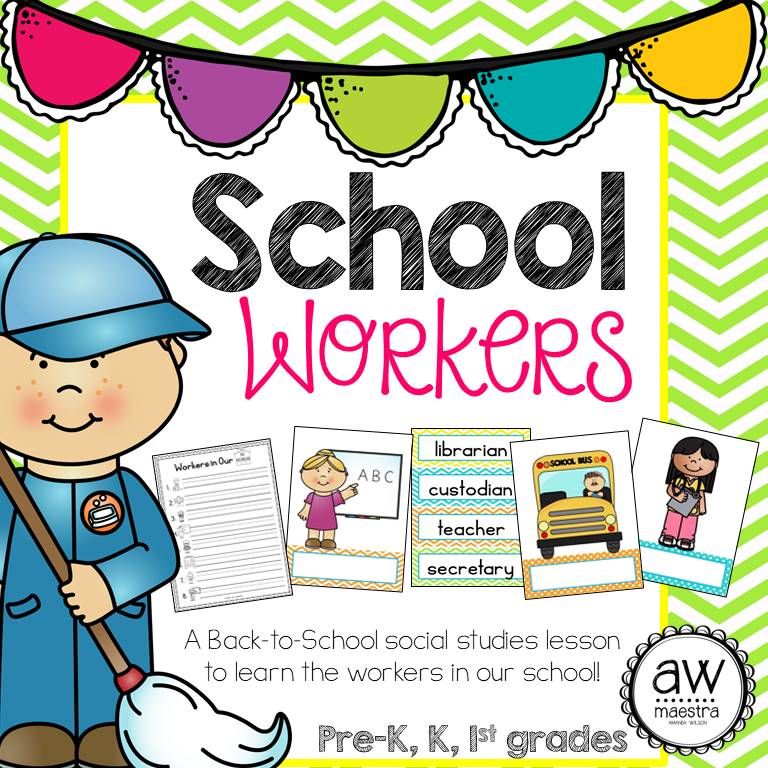
Six months later, children in this group exhibited better preschool social skills — and fewer behavior problems — than did children in the control group (Christakis et al 2013).
18. Realize that some forms of sharing are easier than others.
Some types of sharing are relatively easy for preschoolers. If there is a large supply of goodies to share, giving has little downside. But what if giving is a zero-sum game — like loaning your favorite toy to someone so you can’t play with it yourself?
As noted above (#8), such acts of generosity can make children feel good. But the good feelings arise when kids share voluntarily. When we try to force it, the tactic backfires. Kids end up feeling less generous in the future.
So we need to be patient, and recognize the challenges that children face when they are asked to share. Young children in particular can have more difficulty thinking beyond the here-and-now. If we ask them to loan their toy, they may have trouble believing that they will get their toy back.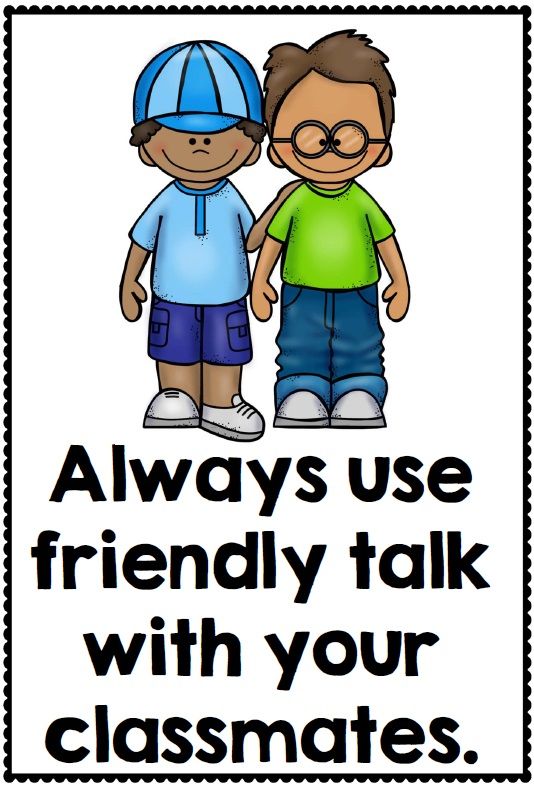 And, to be fair, sometimes the kids who borrow toys are reluctant to return them.
And, to be fair, sometimes the kids who borrow toys are reluctant to return them.
The takeaway? We should be selective about what we ask our kids to share, and avoid forcing the issue.
19. Break up cliques with a negative vibe, and watch out for peer rejection.
Sometimes kids bring out the worst in each other. For example, in one study researchers observed children during free play periods at a preschool. They noticed which kids tended to play together, and watched their behavior.
Some of the groups featured an unusual amount of emotion negativity and antisocial behavior, and these negative groups were rated as less socially competent by their teachers and parents.
Moreover, participation in a negative group was predictive of poor preschool social skills a year later (Denham et al 2001).
What should we do if we see this kind of negativity?
If kids are struggling with aggressive behavior problems, we need to teach how to handle conflicts peacefully. These Parenting Science tips can help. And sometimes it’s best to take the additional step of breaking up the clique — finding new playmates for your child to socialize with.
These Parenting Science tips can help. And sometimes it’s best to take the additional step of breaking up the clique — finding new playmates for your child to socialize with.
What if your child is on the recieving end of negative behavior — being rejected by peers? It’s equally important to get involved, and research suggests we can help kids by coaching them in the art of making friends.
Studies show that a single peer friendship can protect preschoolers from continued aggression and rejection (Criss et al 2002; Hodges et al 1999). And preschoolers are more likely to win over peers if they behave prosocially (Vitaro et al 1990; Cote et al 2002; Eisenberg et al 1999) and respond appropriately to conversation (Kemple et al 1992).
For tips on helping kids make friends, see this Parenting Science article.
20. Don’t take it personally.
Despite the popular Hollywood image of kids as wise cynics who know better than their parents, young children are hampered by a poorer understanding of the world.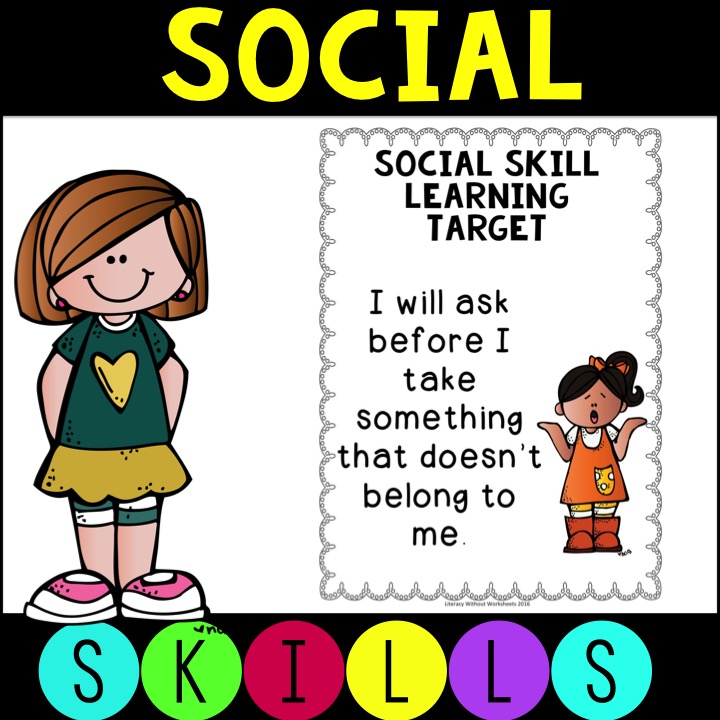
For instance, they have trouble tracking the mental perspectives of other people. In particular, most children under the age of 4 haven’t yet mastered the notion that different people can believe different things–even things that are objectively false (Gopnik et al 1999).
So it’s not surprising that children also have trouble grasping the concept of a “lie” (Mascaro and Sperber 1999). Young children tend to characterize all false statements–even statements that a speaker believes to be true–as lies (Berthoud-Papandropoulou and Kilcher 2003).
And while they understand that lying is bad, they lack an older child’s ability to anticipate how their words will make other people feel. The impact of lying–and the morality of lies–is something they must learn.
If your preschooler says something rude or hurtful, don’t take it personally. But don’t ignore it either. Take the opportunity to explain how words can hurt our feelings. When your child gains insight into the power of words, he will improve his preschool social skills.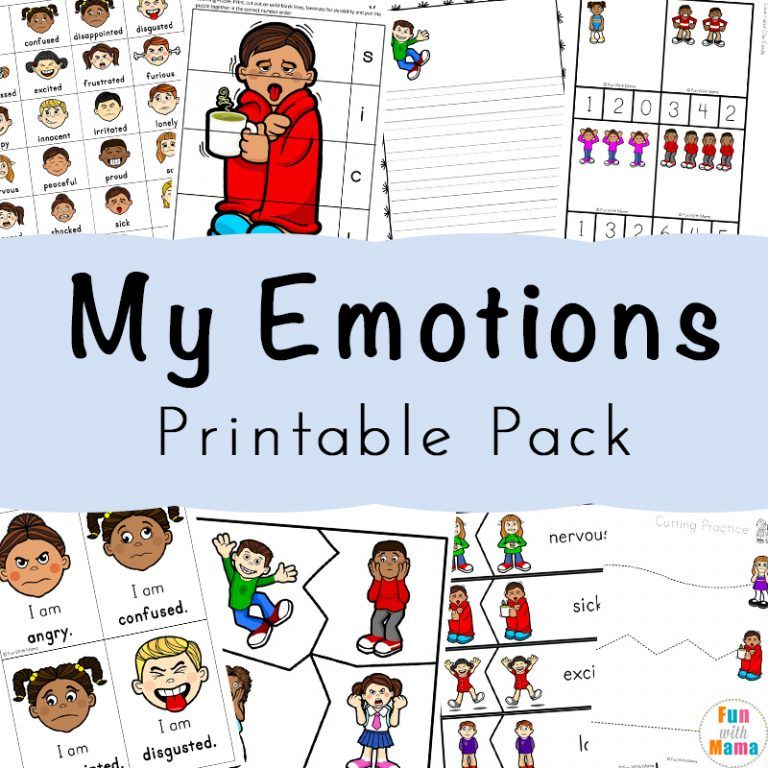
More reading
Looking for activities that promote social competence? See this Parenting Science guide to social skills activities for kids.
And for advice about helping kids develop friendships, see my article, “How to help kids make friends.”
A great deal of research has been conducted on preschool social skills. In addition to the scholarly references cited in this article, any introductory textbook on cognitive development should help you gain insight into your child’s preschool social skills.
Online, Jacquelyn Mize and Ellen Abell, professors of child development, offer a research-based guide to teaching preschool social skills in “Encouraging social skills in young children: Tips teachers can share with parents.”
You will also find advice about preschool social skills in chapters 7-8 of Einstein Never Used Flash Cards (2004) by K. Hirsh-Pasek, R. Michnick Golinkoff, and D. Eyer.
If you found this article on preschool social skills helpful, check out other offerings at ParentingScience.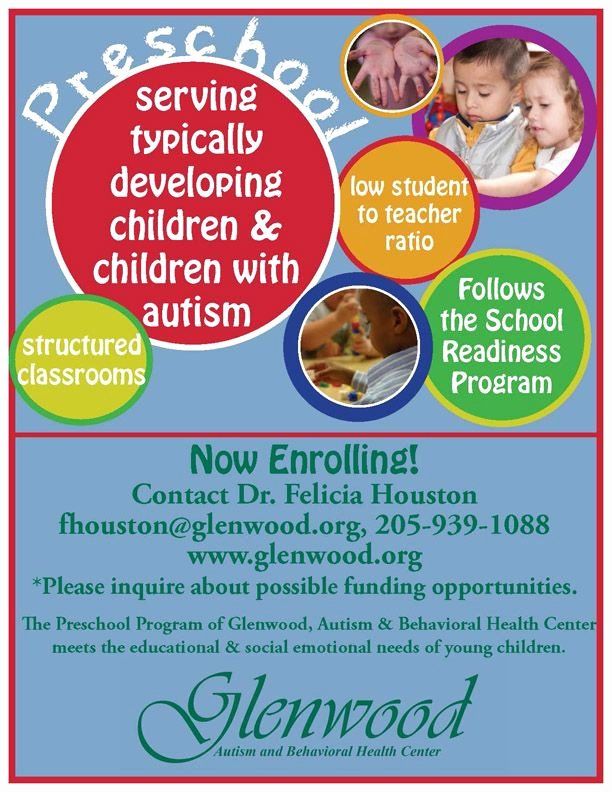 com.
com.
Image credits for “Preschool social skills”:
image of preschoolers eating lunch on the grass by iStock / Nicole S. Young
image of father and son with basketball by istock monkeybusiness images
image of sleeping girl by istock/ Deepak Sethi
image of father talking to toddler boy in bed by istock / Liderina
image of girl covering eyes and boy smiling by shutterstock / YanLev
woman smiling at child with plastic nesting cups by Rawpixel / istock
image of young boy consoling toddler on the beach by KarinaBost / istock
Content last modified 12/2020
13 Social Skills Activities for Preschoolers + Milestones
- Share
The foundation for a person’s social behaviour is laid during the early years, which makes preschool a crucial time to ensure your children are learning social skills.
In this article I’ll explain briefly:
- why social skills are important
- examples of social skills for preschoolers
- the stages of social development
- social milestones by age
- 13 social skills activities for kids
Developing social skills in preschoolers is vital in order for them to be able to interact with others successfully and form healthy relationships throughout life.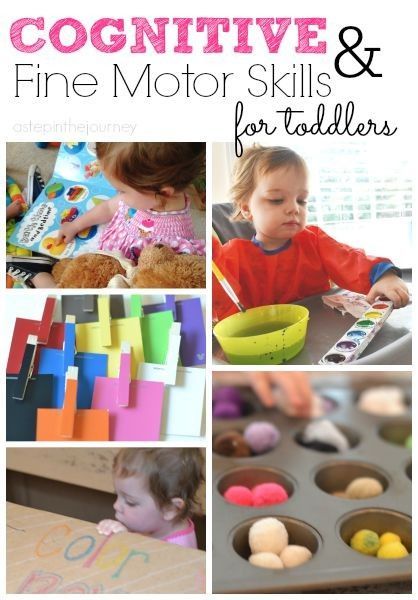
As children grow, they learn about social roles, values and behaviours from the world around them.
Parents, siblings, extended family, peers and teachers all have a role to play in moulding children’s social skills.
Healthy socializing involves three general things – generosity, helpfulness and taking turns.
Generosity
Generosity is about sharing with family as well as friends. Children must also learn to respect others’ rights and possessions.
Helpfulness
Learning to be friendly, considerate and helpful must be balanced with not being overly submissive and stifling the development of their own personalities.
Taking Turns
This is one of the most important skills to learn. It is the basis of courtesy and thoughtfulness and is relevant at almost every level of life.
Children must allow others to have their turn but also have the self-confidence to insist on getting their own turn, without trying to dominate activities and conversations.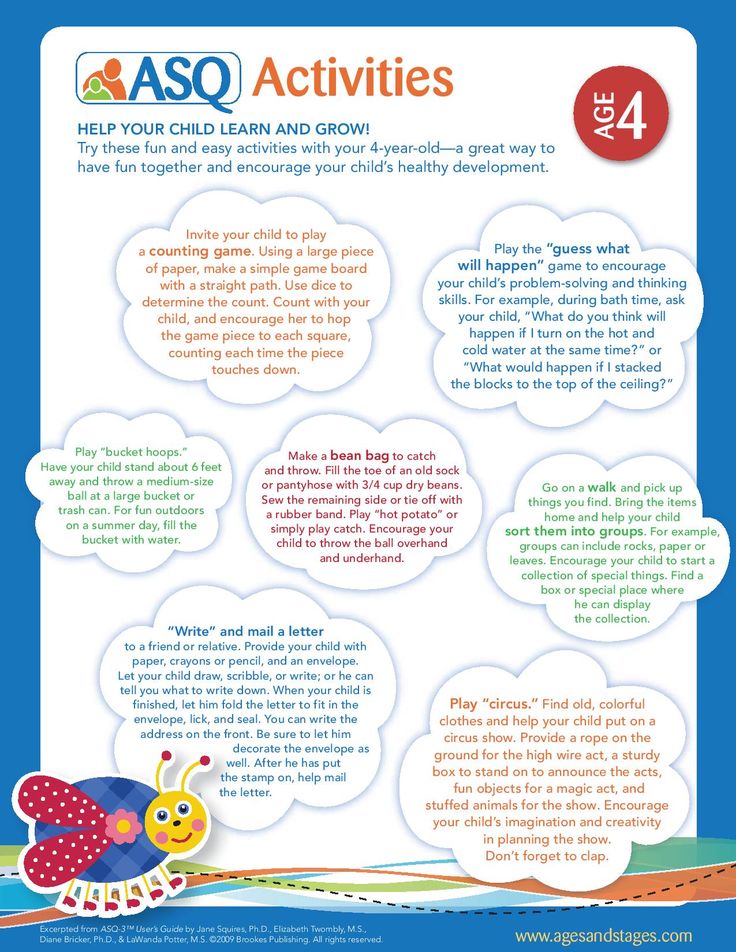 The example parents set is important.
The example parents set is important.
The social and emotional development of a child is an important aspect of their growth, just as much as intellectual or physical development, which we tend to pay more attention to.
Children need to build a set of prosocial skills in order to navigate communicating with others and building relationships.
Here are some examples of social skills, as shared by Marike de Witt in her book “The Young Child in Context: A psycho-social perspective“.
These social skills, as well as the
- Cooperating
- Being helpful
- Compromising
- Giving
- Sharing
- Taking turns
- Negotiating
- Showing sympathy
- Having empathy
- Imitating
- Protecting
- Assuming responsibility
- Respecting others’ views
- Showing attachment
Antisocial behaviours prevent children from communicating effectively.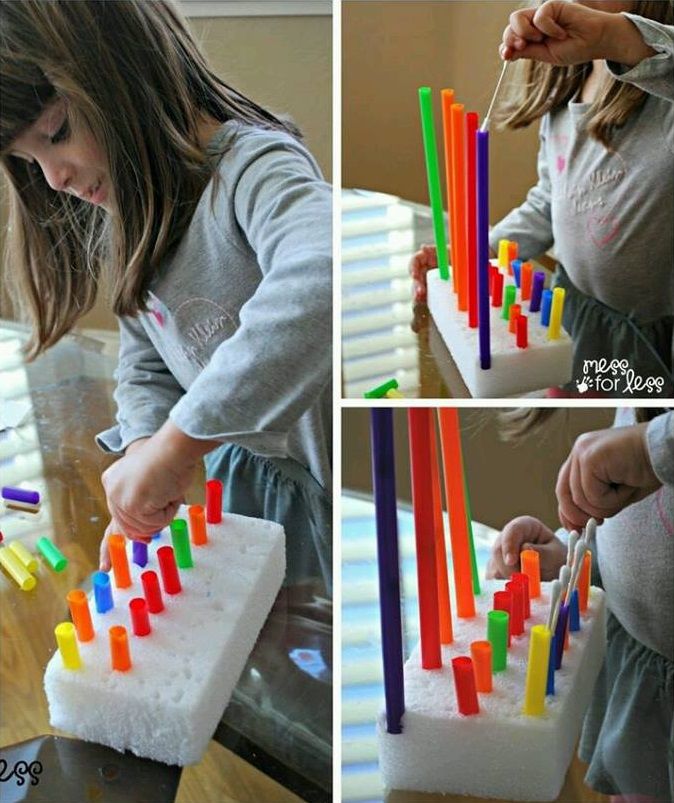 These are a few examples:
These are a few examples:
- Selfishness
- Telling lies
- Aggression
- Egocentrism
- Taking others’ possessions
- Bossiness
- Destructiveness
- Prejudice
In order to help children build social skills, it is necessary to first understand the social stages and milestones they will progress through so you can support them at their stage of maturity.
For example, there is no need to worry that your 2-year-old won’t share his toys as this is normal at his age. He is not yet mature enough to understand the concept of sharing.
De Witt divides social development into three main stages: the Infancy, Childhood and Youthful periods.
Infancy PeriodThis stage begins at birth and ends at the first signs of speech. During this stage, infants learn to tell the difference between their own bodies and the environment around them.
Social development is strongly influenced by the mother-child relationship because the way a mother cares for her child will either convey tenderness or anxiety.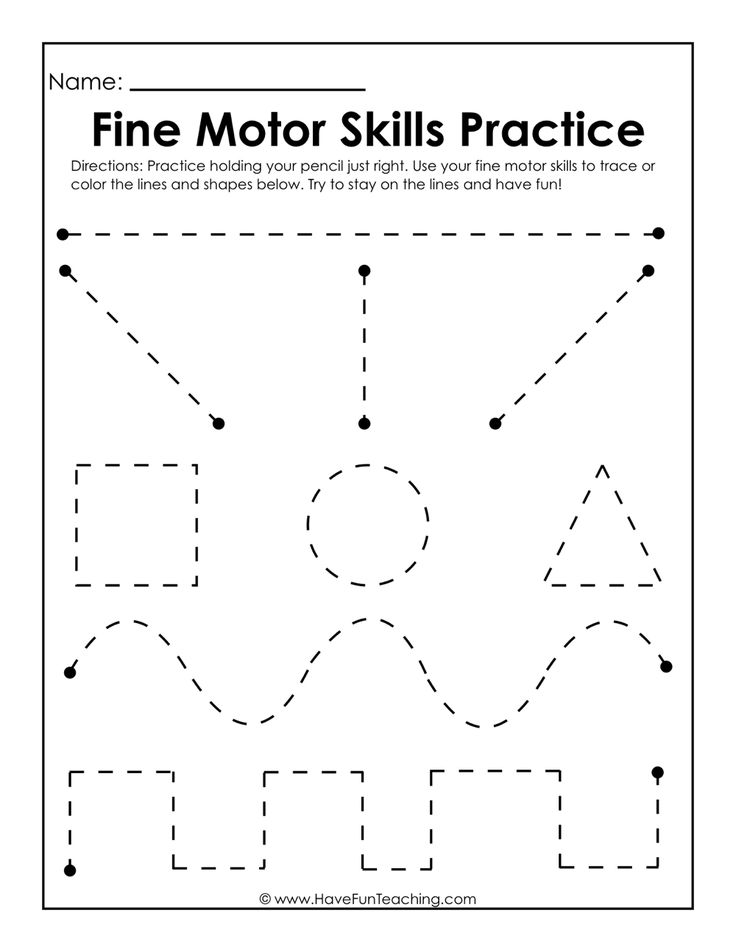
The childhood period begins when a child uses clear speech and lasts up until the need for playmates of the same age emerges.
By following the example set by the parents, a child begins to classify his own behaviour as good or bad. He also realizes the difference between enemies and friends.
During this stage, children acquire language as well as cultural customs, such as hygiene, toilet or eating practices.
Youthful PeriodThis period begins when children prefer to play with others of the same age. More complex skills of interpersonal behaviour are learnt, such as cooperation, competition and compromise.
Here is a table of common milestones that occur at various ages as a child matures. It is a summary of the milestones in the book “The Young Child in Context: A psycho-social perspective“.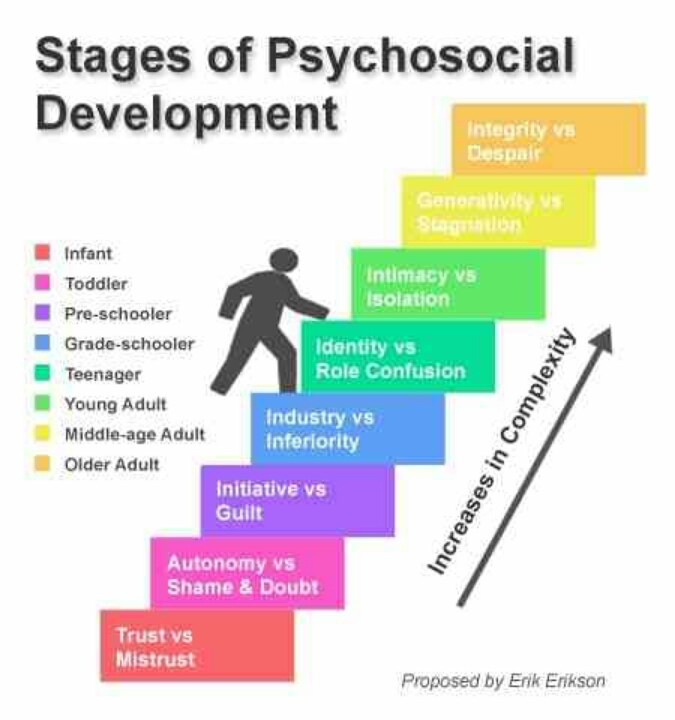
12 Months
- Shows affection for people she knows
- Likes to be around loved ones – to always hear or see them
- Passes an object or toy to an adult when asked, and sometimes even spontaneously
- Waves goodbye
- Begins to play games such as hide-and-seek
18 Months
- Plays alone happily but likes to be near a familiar adult or older sibling
- Likes other children but does not play with them
- Shows affection for family members, pets and dolls
- Begins to imitate people
- Repeats actions and expressions that receive a positive reaction
2 Years
- Likes people but is still egocentric
- Follows caregivers around the house and demands constant attention
- Imitates domestic activities
- May take turns but has difficulty sharing toys or adult attention
- Throws tantrums in order to be understood
- Happily plays near other children, but not yet with them (parallel play)
- Sometimes hits or bites children to get a reaction
- Can role play e.
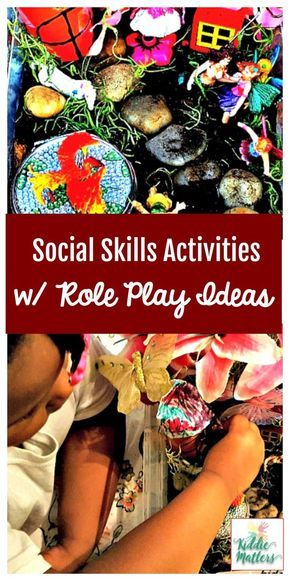 g. put a doll to sleep or wash the dishes
g. put a doll to sleep or wash the dishes
3 Years
- Begins to behave unselfishly
- Shows affection for younger siblings
- Likes helping with domestic activities such as shopping or cleaning
- Begins to share with others
- Enjoys playing alone and with other children
- Begins to show a preference for certain friends
- Begins to show sympathy when someone is upset
- Engages in make-believe play with dolls and toys and enjoys pretending to be someone else
- Still sees most things from their own perspective
- Talks about self, family and possessions
- Shows empathy with characters in stories
- Can wait for you to finish before talking
- Sometimes has an imaginary friend
4 Years
- Really enjoys the company of friends and can play in a group
- Often has a best friend
- Is strong willed
- Begins to form a sense of humour
- Understands taking turns and sharing
- Shows concern and sympathy towards younger siblings and friends
- Engages in dramatic make-believe play
- Becomes competitive
- Social skills develop such as – saying please and thank you (if taught), greeting people, talking to them, and showing respect towards others in the home
5 Years
- Behaves in a more controlled and sensible way
- Cooperates with companions and understands the need for rules and fair play
- Has a definite sense of humour
- Shows tenderness towards and is protective of younger children and pets
- Enjoys competitive games
- Enjoys fantasy games
- Chooses own friends (usually of the same sex)
- Begins to learn the value of compromise and negotiation
As you can see, sharing is a struggle for very young children.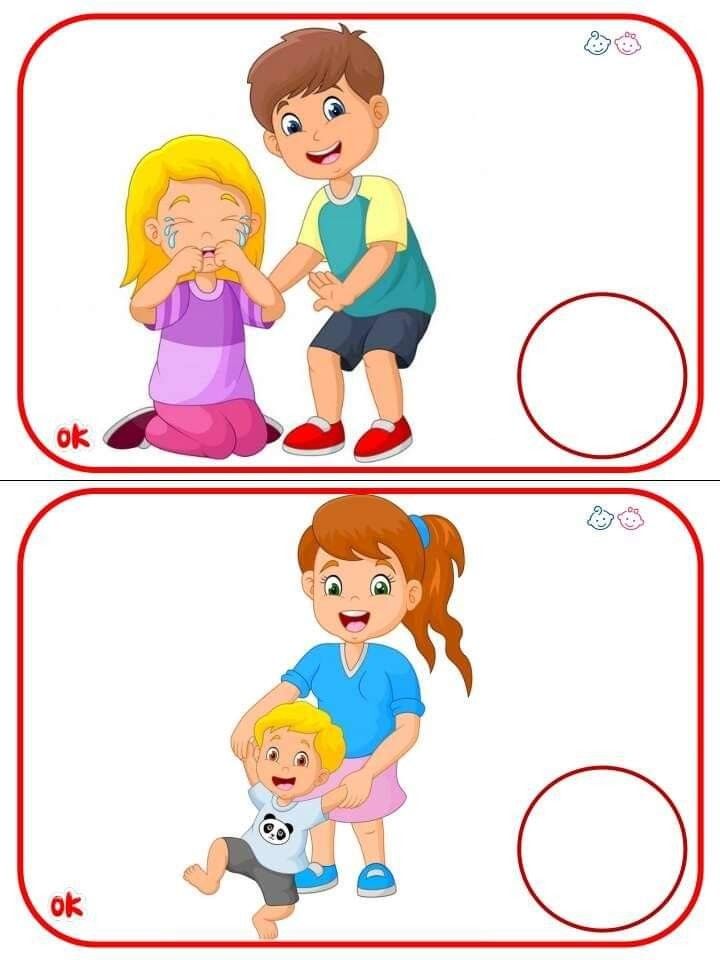 The advice is usually to divert and redirect attention when dealing with toddlers [source].
The advice is usually to divert and redirect attention when dealing with toddlers [source].
The most important activity your children can engage in, in order to develop their social skills, is play.
When preschool children play together they learn together.
Here are some reasons play is important for your child’s social development.
- It teaches cooperation and how to take turns
- Children are able to try different roles and personalities
- Play teaches children to verbalize their needs
- Kids learn to lead and follow
- It provides a broad base for the use of social language skills
- Children learn to respect others’ rights and possessions
- They develop an awareness of themselves as a member of a group
- Through play, they understand their own culture and values
- They gain knowledge about society’s rules and about group responsibility
- Play develops a positive self-image and self-concept
- It teaches how to participate in a group
- It promotes gender-role identification
- Children develop common goals and interests as they play together
- They learn to see others’ perspectives
- Children experience delight when playing
If you are wondering what activities would be most effective to help a child develop positive social skills, the answer is that you don’t really need a list of specific activities to “teach” them about socializing.
Rather, it is about giving them enough opportunities to play and interact and encouraging certain types of games and activities that involve interaction and cooperation.
You can discuss or play social skills games around topics like feelings and how to cope with conflict, but it will only be through experiencing these feelings and conflicts that your children will really learn these lessons and understand these concepts in a meaningful way.
Here are some simple social development activities for 3-5-year-olds.
1.
PlaydatesInvite friends over for a playdate and take your children to play with friends as often as you can. Playing with siblings is also good interaction.
The more opportunities your child has to mix with others, the more they will practise socializing.
Don’t leave your young child alone with a friend if he is not yet comfortable. Give him time to build trust.
2.
Group GamesPlay group games that involve taking turns and following rules.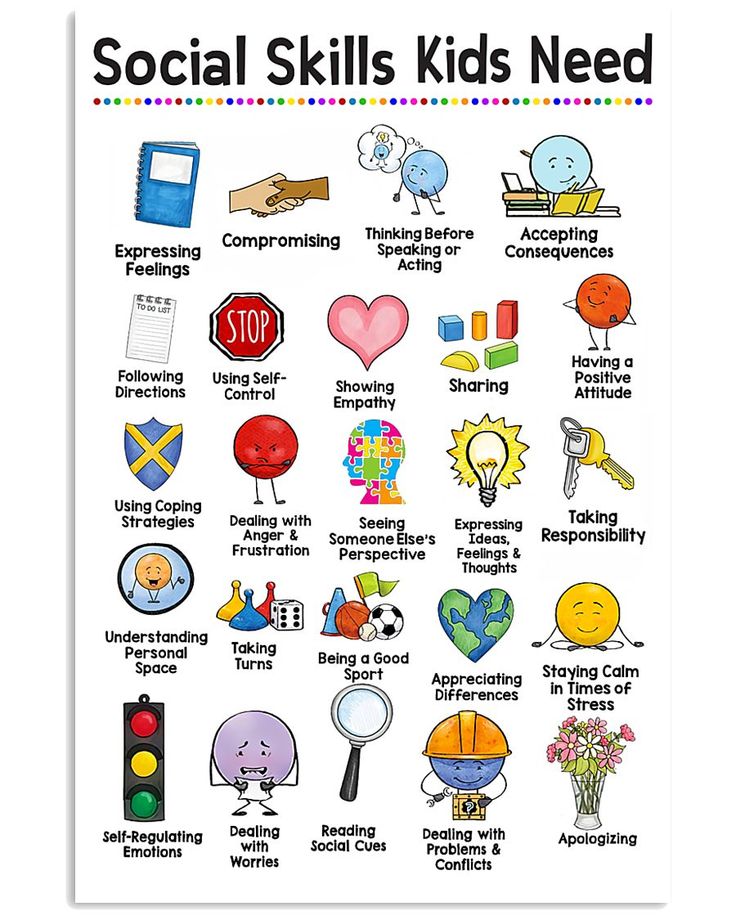
Children will learn with time that social interaction is fun and that in order for the game to work, they need to consider each other and all be active participants.
Also, encourage musical games such as musical chairs where there are rules to follow and children have to compete while still considering each other and being comfortable with losing sometimes (e.g. if your friend gets to a chair before you).
This takes maturity to understand.
3.
Board GamesBoard games are an excellent activity for older preschool children. These should have multiple players (even if you start with 2), rules and an objective (e.g. in Snakes and Ladders the objective is to reach the end first).
It can be a complex task for a child to learn to follow rules and keep the game positive while competing with friends or family members.
Younger children can start with simple card games or very basic board games.
4.
Fantasy PlayFantasy, or dress-up play, is an important part of learning to socialize.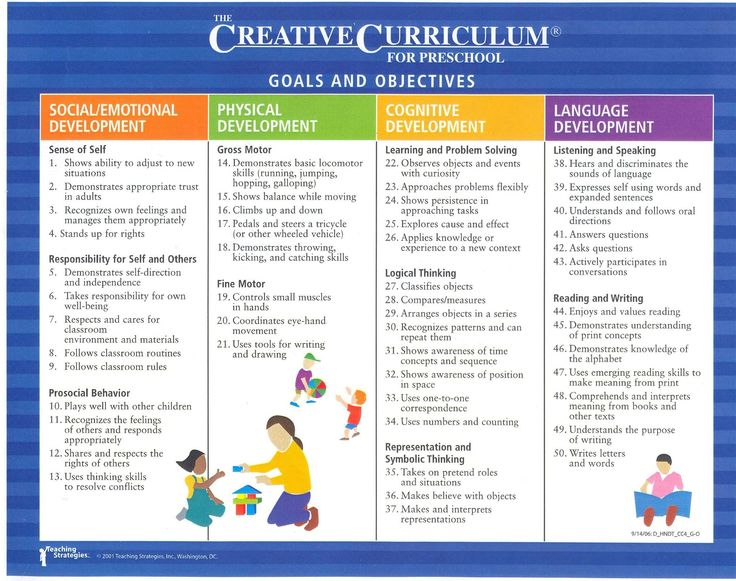 During this kind of play, children make sense of their world and the people around them by role-playing.
During this kind of play, children make sense of their world and the people around them by role-playing.
This is how they “practise” being an adult, behaving and interacting as an adult would. They also act out their own social customs and norms.
Fantasy play is a great social learning activity for children playing with one or more friends, as well as for smaller children playing alone.
Even though the child is alone, the activity revolves around pretending to interact with others, which is a great way to safely act out an interaction.
Provide opportunities at home by having a dress-up section in your child’s room. Provide different themed clothes and props and change them frequently to encourage new ideas.
5.
BlocksWhen children play with blocks together, they initially play alongside each other, building their own structures.
With time and maturity, they begin to share blocks, take an interest in each other’s structures and finally end up building something together.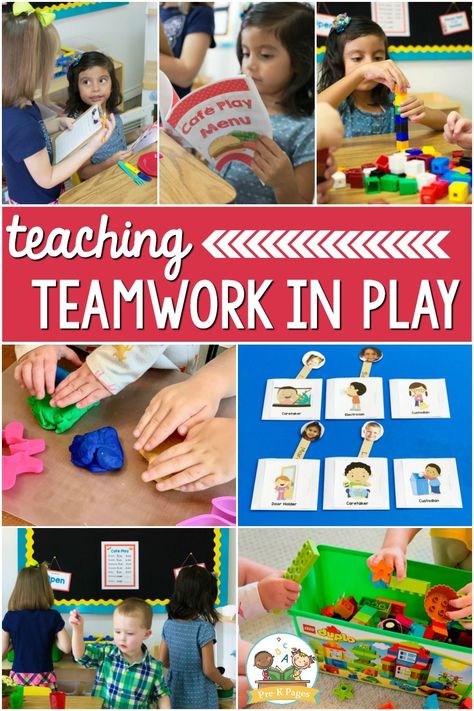
This is one of those activities where you will see this progression clearly.
By the time children are building together, they are learning to share, listen to each other’s ideas, problem-solve, organize, share opinions, negotiate, compromise and work towards a common goal.
6.
Sensory PlaySensory play is a fun activity that children love to do together. Whether they are playing with water, mud or sand, there is much sharing, negotiating and cooperation. It also often leads to fantasy play.
7.
Creative PlayWhen children are involved in creative activities such as drawing, painting, cutting, pasting or moulding playdough, they are often deep in conversation at the same time.
These activities usually happen around a table where the children are sitting calmly and are fully engaged with their playmates.
Some of the most intriguing and complex socializing I have witnessed has been around an art table.
8.
ReadingReading to a child is my absolute favourite activity and one with so many benefits. Stories are all about people and animals and their relationships and interactions.
Read to your child daily and she will constantly be listening to how characters socialize, deal with problems, show emotions and generally interact.
You may find it hard to explain to a young child what empathy is, for example, but you can certainly teach the message with a story and let your child experience this trait on her own through listening.
9.
DiscussionsAlong with reading, discussions are another way to teach your children social skills.
Use every opportunity possible to discuss how your children feel, to talk about their friendships and even discuss the characters in the stories and how they handled certain situations.
When your children experience conflict with a friend, discussing possible solutions or how they can handle it is a far more educational experience than immediately intervening.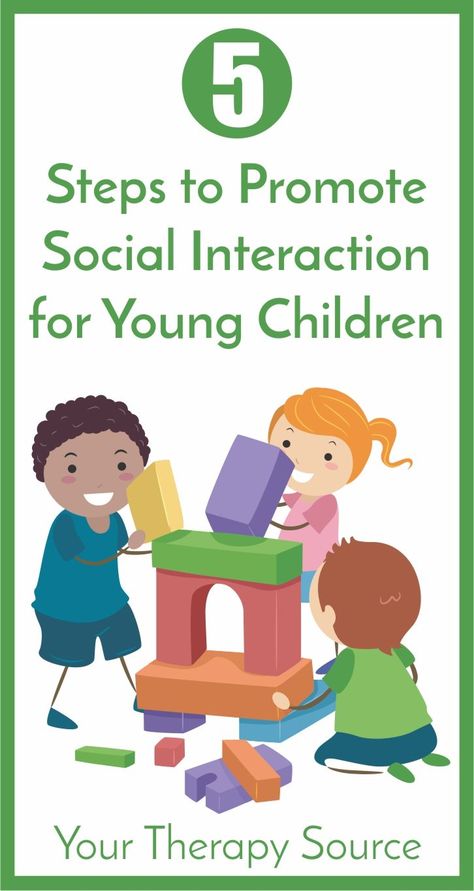
In my experience teaching in the classroom, the children who had lovely manners were taught at home as toddlers. Those who hadn’t been taught seldom spontaneously said please or thank you without being constantly prompted and reminded.
It is too late to teach a 3 or 4-year-old manners and courtesy. Start as early as possible.
11.
Free PlayThe best socializing and learning occurs naturally – when children are playing freely with each other.
You may choose to present and encourage certain activities, such as an art project, but know that any time spent playing with others is time they are learning valuable social skills.
Try not to let screen time or too many planned activities get in the way of real play and socializing.
…and don’t forget these two important points:
12.
Build a Healthy Relationship With Your ChildA child’s primary relationship – with his parents – is the basis for all future socializing.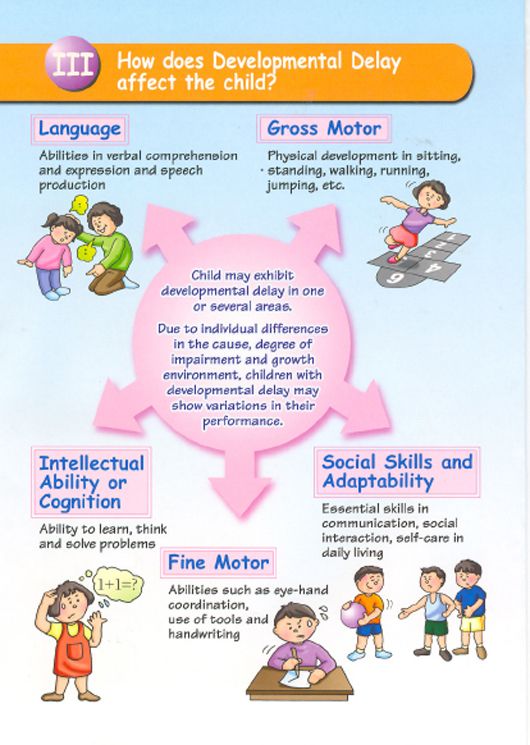
The relationship should be warm and close. Your child should feel love, security, acceptance, trust and self-esteem.
13.
Model Positive BehaviourChildren learn about socially acceptable behaviour by watching their parents. They learn more from watching you than from listening to you.
I hope you enjoyed these ideas and activities for developing social skills in preschoolers.
Join Empowered Parents + and you’ll receive a downloadable set of printable puzzles, games and short stories, as well as the Learning Through Play Activity Pack which includes an entire year of activities for 3 to 6-year-olds.
Access is free forever.
Signing up for a free Grow account is fast and easy and will allow you to bookmark articles to read later, on this website as well as many websites worldwide that use Grow.
- Share
Social skills of preschoolers - the development of social skills in children
The development of social skills is a necessary point of education. A child with a high degree of socialization will quickly get used to kindergarten, school, any new team; in the future will easily find a job. Social skills have a positive effect on interpersonal relationships - friendship, the ability to cooperate.
A child with a high degree of socialization will quickly get used to kindergarten, school, any new team; in the future will easily find a job. Social skills have a positive effect on interpersonal relationships - friendship, the ability to cooperate.
Let's figure out what social skills are.
What are social skills and why develop them?
Social skills - a group of skills, abilities that are formed during the interaction of a person with society and affect the quality of communication with people.
Man is a social being: all our talents and aspirations are realized thanks to other members of the group. Others evaluate our actions, approve or condemn our behavior. It is difficult to reach the pinnacle of self-actualization alone.
That is why social skills are important. They should be developed from early childhood and honed throughout life.
Social skills are a reflection of the child's emotional intelligence, to which educators and teachers assign an important role in the process of personality development.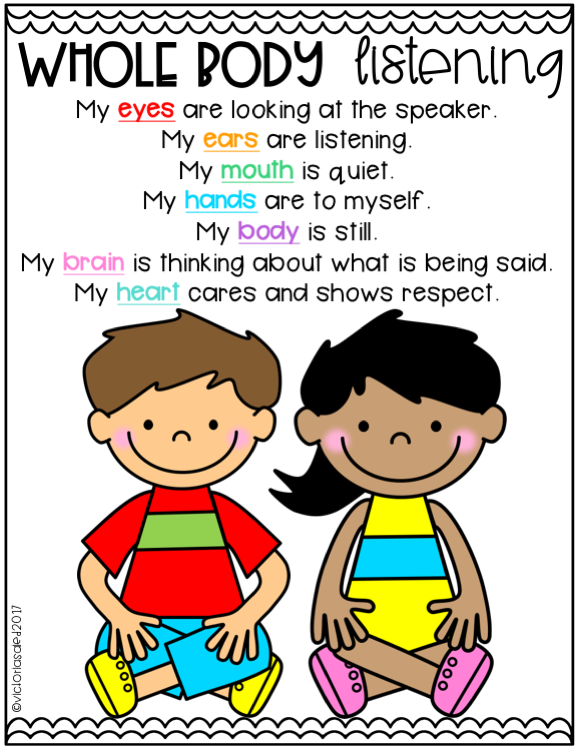 Without this group of skills, a smart child will not be able to apply the acquired knowledge in practice: it is not enough to create something outstanding, you need to be able to correctly convey thoughts to the public.
Without this group of skills, a smart child will not be able to apply the acquired knowledge in practice: it is not enough to create something outstanding, you need to be able to correctly convey thoughts to the public.
Sometimes people mistakenly believe that social skills relate exclusively to the topic of communication, communication. In fact, skills include many multidirectional aspects: an adequate perception of one's own individuality, the ability to empathize, work in a team, etc.
Why do we need social skills?
- Regulate the area of interpersonal relationships: the child easily makes new friends, finds like-minded people.
- Minimize psychological stress: children with developed social skills quickly adapt, do not feel sad due to changes in external circumstances.
- They form an adequate self-esteem from childhood, which positively affects life achievements and development in adulthood.
- Social skills cannot be separated from building a successful career: the best specialists must not only understand the profession, but also have high emotional intelligence.
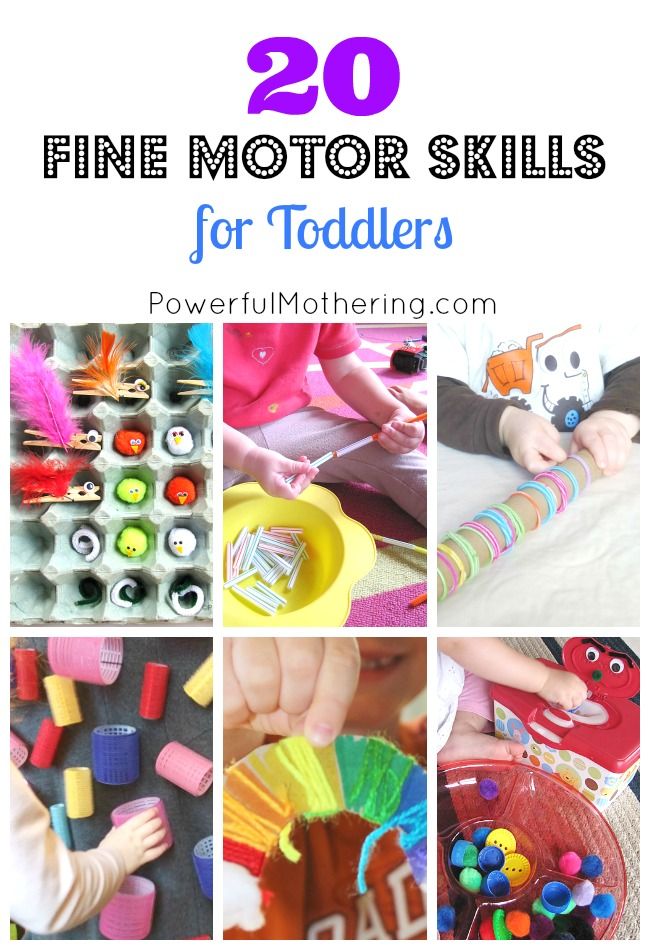
Development of social skills in a child
Social skills need to be developed from preschool age, but older children and even teenagers may well learn to interact with the world.
It is recommended to pay attention to areas of life that bring discomfort to the child, significantly complicate everyday life.
- Friends, interesting interlocutors: the kid does not know how to join the team, he prefers to sit in the corner while the others play.
- Verbal difficulties. The child does not understand the rules of conversation, is poorly versed in the formulas of etiquette (when you need to say hello, say goodbye, offer help).
- Problems with the non-verbal side of communication. Such a baby does not recognize the shades of emotions, it is difficult to understand how others relate to him. Cannot "read" faces and gestures.
- Does not know the measure in expressing a point of view: too passive or, conversely, aggressive.
- The child bullies classmates (participates in bullying) or is a victim.
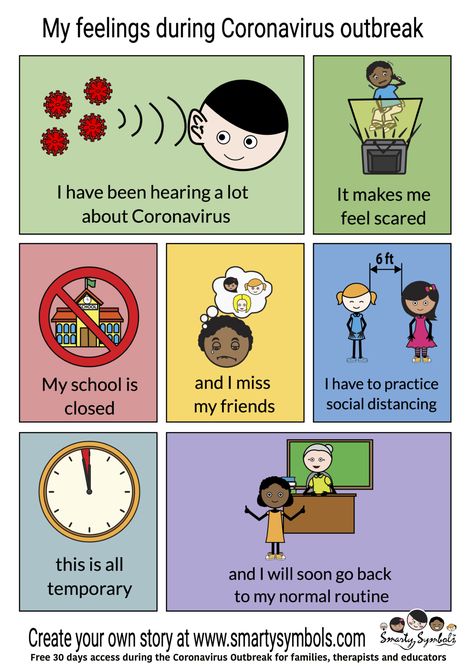
In case of severe moral trauma, one should consult a psychologist: for example, school bullying is a complex problem that children are not able to cope with on their own. The involvement of parents and teachers is required.
In other cases, family members may well be able to help the child develop social skills.
What are the general recommendations?
1. Be patient
Don't push your child to get the job done. Let them take the initiative: for example, do not rush to help during school gatherings, let the baby work on the problem on his own. The same goes for lessons and other activities.
2. Support undertakings
Children's dreams seem trifling to adults, but the initiative turns into a habit over the years and helps to discover new projects, meet people, and experiment.
3. Criticize the right way
When making negative comments, remember the golden rule of criticism: analyze the work, highlighting both positive and negative sides in a polite way.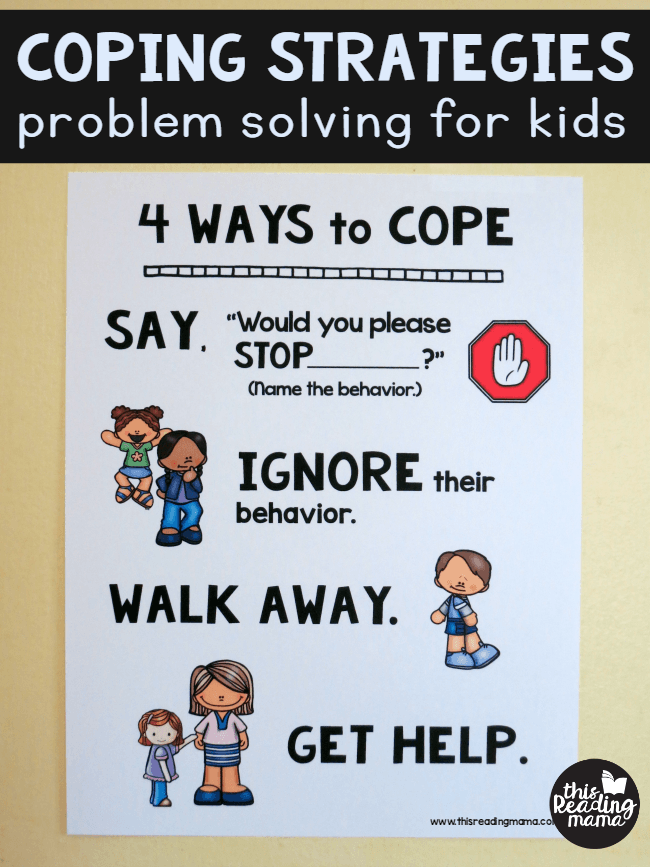 Commenting on the specific actions of the child, and not his personality or appearance - this will lead to problems with self-esteem.
Commenting on the specific actions of the child, and not his personality or appearance - this will lead to problems with self-esteem.
4. The right to choose
It is important for children to feel that their voice is taken into account and influences the course of events. Invite your child to personally choose clothes, books, cartoons. Ask about ideas, plans: “We are going to have a rest together at the weekend. What are your suggestions?
5. Personal space
Make sure that the baby has a place where he can be alone and take a break from talking. Personal things should not be touched: rearrange without prior discussion, read correspondence with friends, check pockets, etc.
Children, noticing the respectful attitude of adults, quickly begin to pay in the same coin; the atmosphere in the family becomes warm and trusting.
What social skills should be developed in a child?
Let's dwell on the main qualities and skills, the development of which is worth paying attention to.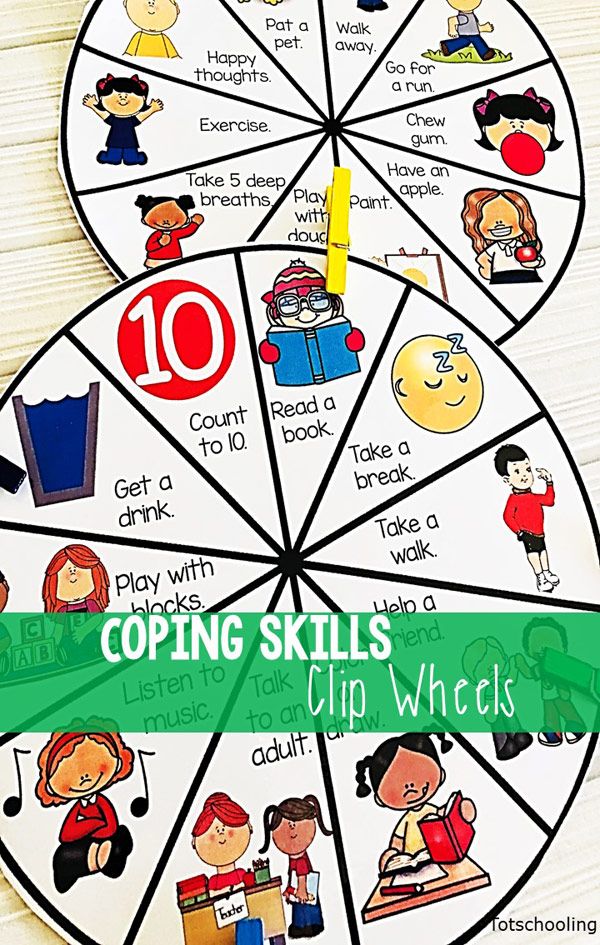
1. The ability to ask, accept and provide help
Without the ability to ask for help, the child will deprive himself of valuable advice; the lack of the ability to accept help will lead to losses, and the inability to provide help will make the baby self-centered.
- Let the child help those in need: for example, a lagging classmate.
- Explain to your child that getting help from friends and teachers is not a shame.
- Show by personal example that mutual help enriches experience: tell how you exchange advice with colleagues, friends.
2. The ability to conduct a conversation and get the right information
Being a good conversationalist is difficult, but the skill is honed over time and brings a lot of benefits.
- Prompt your child for dialogue development options: for example, you can start a conversation with a relevant question, a request for help.
- Do not leave the child in the role of a silent listener: when discussing pressing issues at home, ask the opinion of the baby.
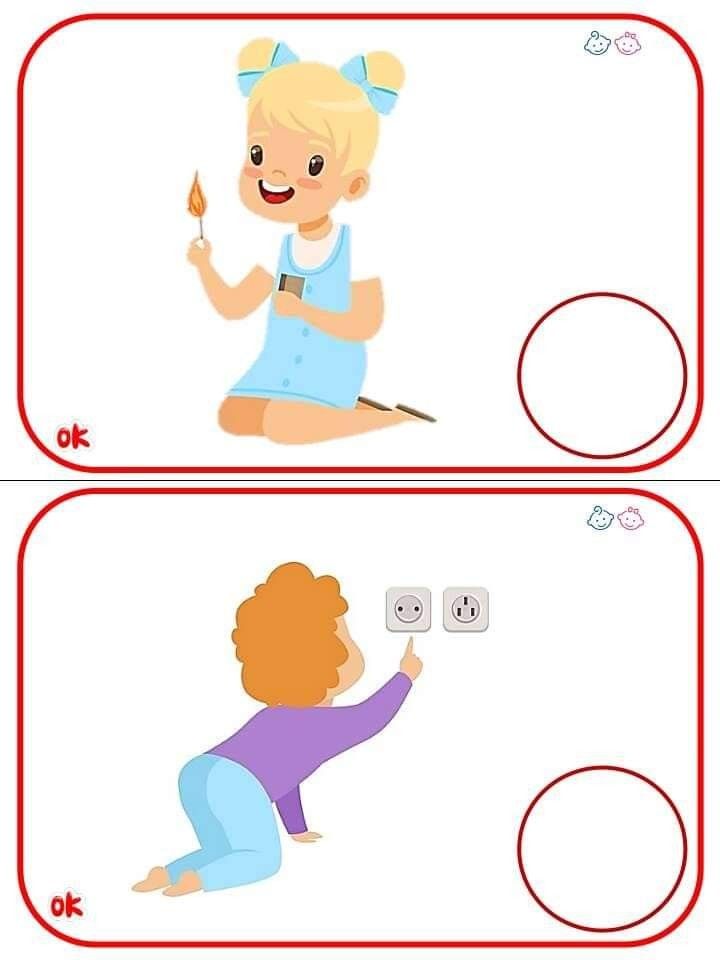
- Support children's public speaking: reports at school, performances, funny stories surrounded by loved ones will add confidence.
3. Empathy
Empathy is the ability to recognize the emotions of others, put yourself in the place of another person, empathize.
This ability will make the child humane, prudent. How can it be developed?
- Start by recognizing the child's feelings - it is useless to listen to people if the person does not feel personal experiences. Ask your baby: “How do you feel after a quarrel with friends?”, “Do you want to relax today?”
- After conflicts with classmates, ask your child how the children with whom the quarrel may feel now.
- While watching cartoons, reading books, pay your child's attention to the emotional state of the characters.
4. Ability to work in a team
Many children can easily cope with tasks alone, but this is not a reason to refuse to work in a team.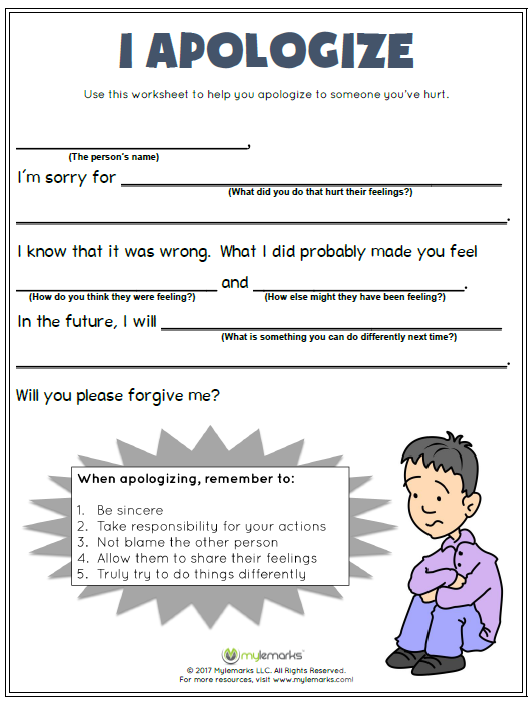 It gives the opportunity to exchange ideas and experience, delegate tasks, achieve goals faster and more efficiently.
It gives the opportunity to exchange ideas and experience, delegate tasks, achieve goals faster and more efficiently.
- If the child does not communicate with members of the team, try to introduce him to another social group: for example, the lack of communication with classmates can be compensated by a circle of interests, where the child will feel calmer.
- Make the family a friendly team in which the child has his own "duties": for example, do housework, remind parents of upcoming events. Any activity related to the well-being of other family members will do.
5. Respect for personal boundaries
The absence of an obsessive desire to interfere in other people's lives is a valuable skill that helps to win people's sympathy.
- Respect the child's personal boundaries: do not enter the nursery unannounced, do not rummage through personal belongings and correspondence, if the matter does not concern the life and safety of the baby.
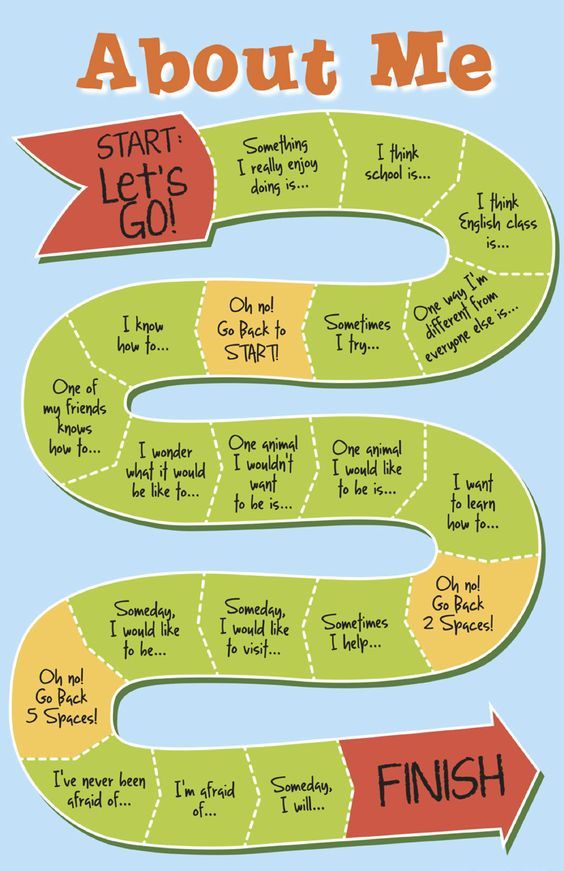
- If the child violates other people's boundaries (takes toys without permission, asks uncomfortable questions), talk about it in private.
6. Ability to overcome conflict situations
It is difficult to imagine our life without conflicts. The task of the child is to learn how to culturally enter into a discussion, defend their point of view, and not be led by the provocations of their interlocutors.
- Discuss problems that arise calmly, without raising your voice. Do not put pressure on the child with parental authority unnecessarily: the child is a separate person who has the right to an opinion.
- Do not judge people for views that differ from those of your family but do not affect your well-being. Show your child that the world is very different.
- You can demonstrate to children the basics of a civilized dispute, explain what arguments are, etc. It is advisable to teach this to a child in kindergarten.
7.
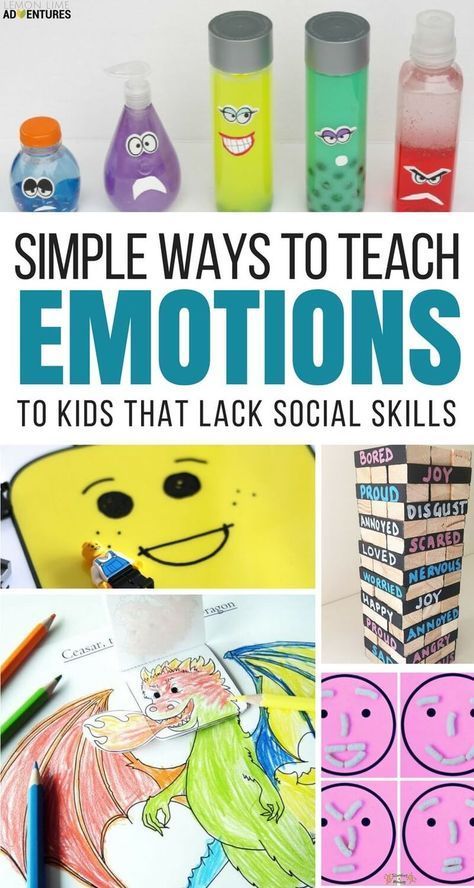 Self-confidence
Self-confidence Stable and adequate self-esteem is a quality that not all adults possess.
It is formed under the influence of many factors: relationships between parents, the role of the child in the family circle, the characteristics of the environment that surrounded the child in early childhood.
It is important that the child does not grow up to be either a narcissistic narcissist with fragile self-esteem, or an overly shy person. How can you help your child find balance?
- Praise your child for personal progress: to receive a compliment from parents, it is not necessary to win prizes in school competitions. The zeal of the baby, the interest shown and the stamina also deserve praise.
- Explain, remind the children that initially they are worthy of respect and love, like all people around.
Social skills will help in many areas of life: in studies, hobbies, friendships, building a reputation in a team. The main thing is to encourage and support children at all stages.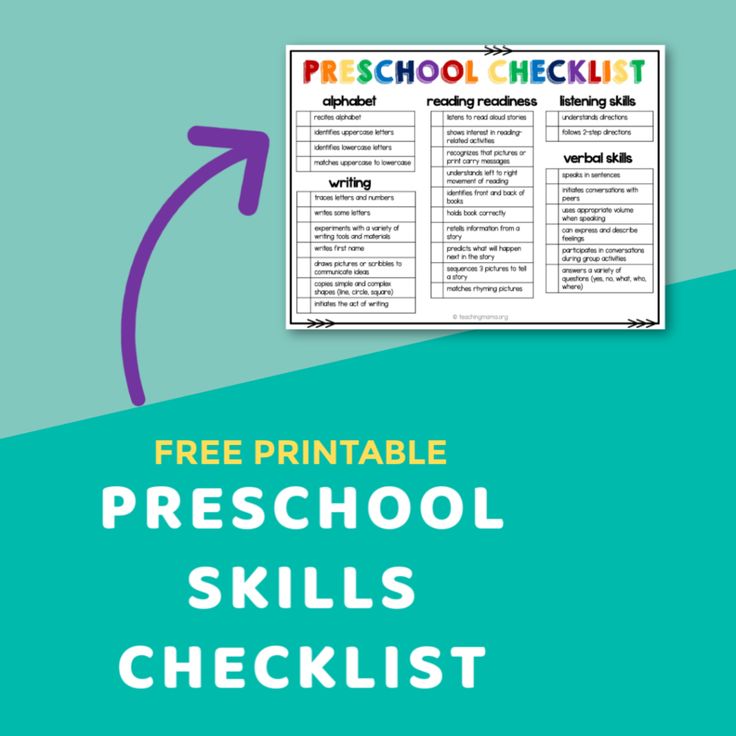
Emotional intelligence for children
We introduce children to the types of emotions, how to manage them and how to show themselves in teamwork, through situational games
learn more
The importance of a child's social skills article contacts with other people. From how sociable he is, how he knows how to demonstrate his thoughts and feelings, how he reacts to the words and actions of people largely depends on whether he will be successful in life, in schooling, in his personal development.
The kid lives in society, he must be adapted in it. That is why the process of forming social and communication skills in children is so important.
Clarifying the concept
Social skills arise in a child against the background gaining knowledge about the world in which he lives, about his own place in society, about how people interact with each other. Appropriating ways of communicating with others, by trying them on themselves, the preschooler masters the skills of flexible interaction.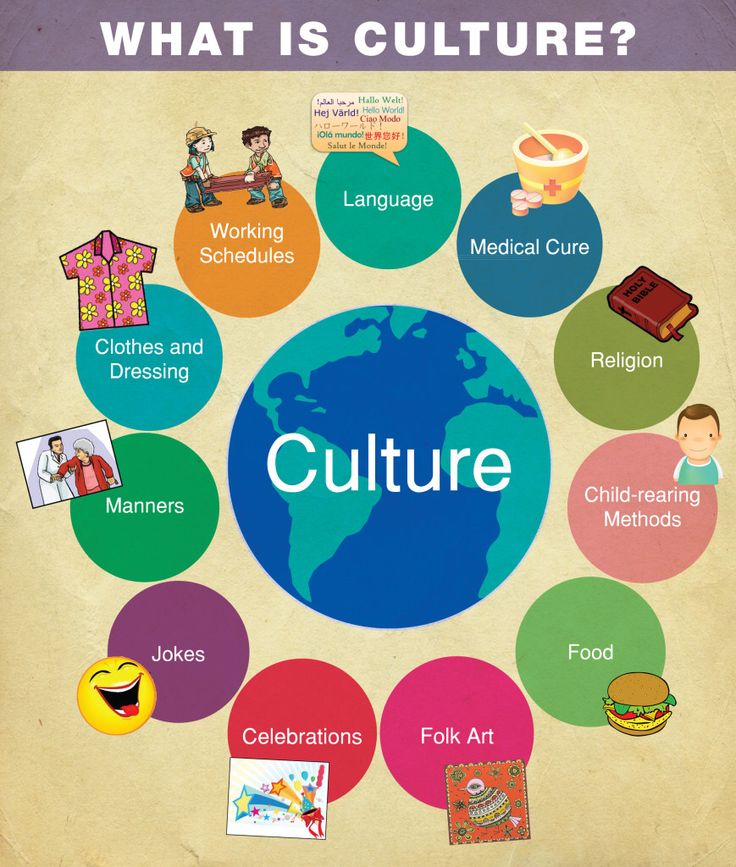
Thus, social skills should include:
- mastery of generally recognized ways of behavior;
- the ability to explain one's position, to agree on something;
- show emotions;
- listen to the interlocutor;
- make demands and resolve conflicts that arise.
Manifestations of social skills can be verbal or gestural, by all means of body language. A long period of mastering all this arsenal called socialization.
Communication is communication. Everything that helps a person to explain his thought refers to communication skills. The more intelligibly a person conveys information to others, the better he understands what they want to say to him, the easier it will be to build relationships with partners in the game, study, and at home.
The importance of social skills
A very important period for the development of a child's personality is preschool childhood. At this stage, he learns a lot about the world around him and identifies himself as a member society.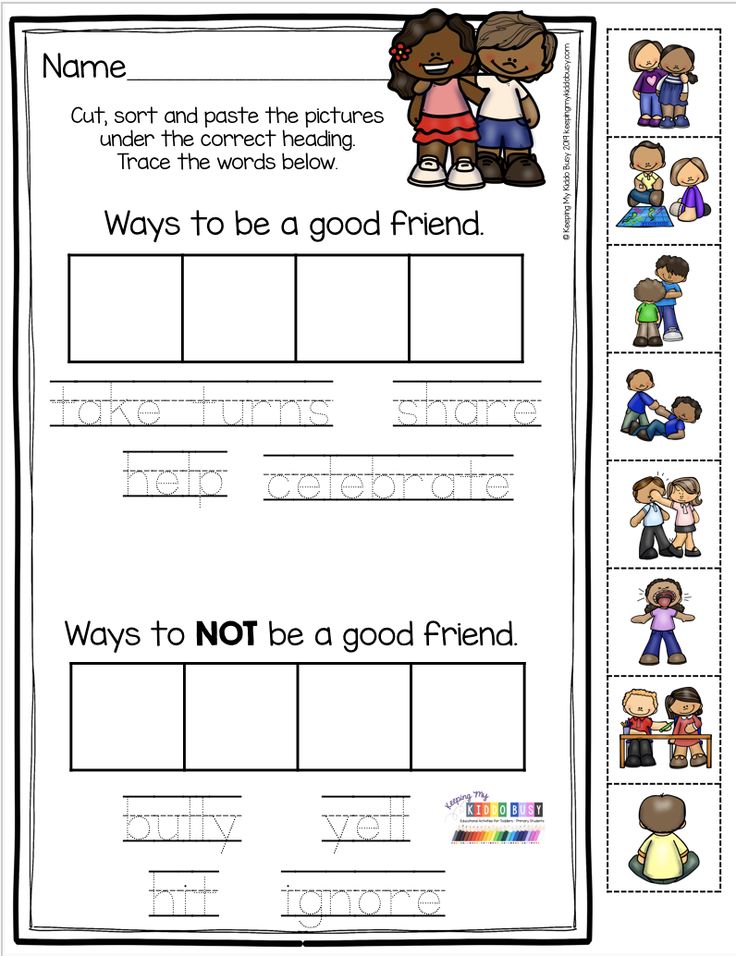 It is important not to miss the opportunity to form social and communication skills at preschool age.
It is important not to miss the opportunity to form social and communication skills at preschool age.
Before kindergarten, the child is the focus of his family's attention. But when it's time to "go out", many have difficulty communicating with adults and children.
It is a problem for them to get to know or simply contact a peer. They are embarrassed to respond. They don't know how to maintain the contact that has arisen. They find it difficult to express your sympathy, regret, love. As a result, the little "beech" is outside the team.
The child loses the opportunity to assimilate the social norms of communication, the knowledge of moral and ethical guidelines passes by. Self-determination in the children's team accompanied by great difficulties, low self-esteem is formed.
The role of the family
The development of children's social skills begins in a family environment with natural daily interactions. Mom and dad unobtrusively introduce spiritual values, talk about proper behavior, teach initial etiquette and partnerships.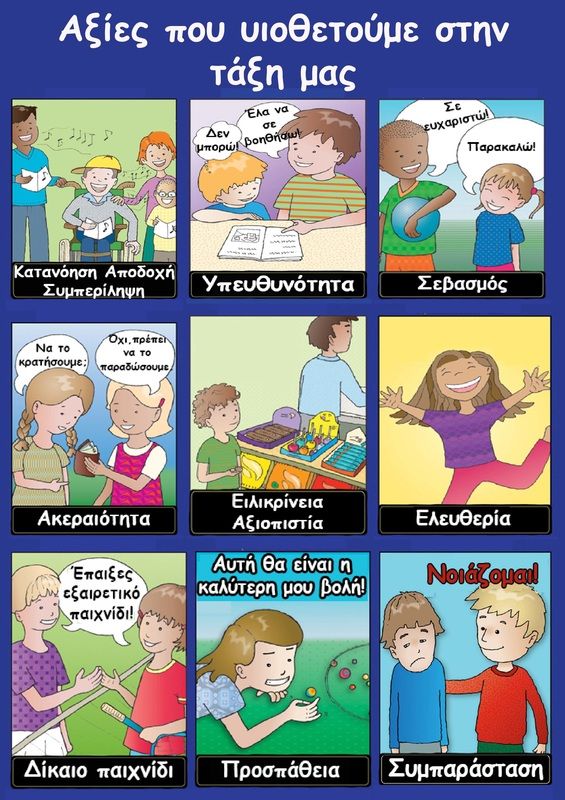
Wise adults should make sure that children learn about their rights and obligations, learn to set limits for communication with people of different ages, and be able to find their place in the social system.
Unfortunately, the rhythm of modern life is so hard that parents sometimes do not find time to reveal to their children the secrets of human communication and correct communication. behavior. Children's educational centers can provide real help.
What will be taught at the center
The Children's Developmental Education Center was created to ensure that the child who comes to classes will reveal his or her personal potential to the maximum. Leading activity preschoolers is a game. Through it, children learn about the world and adapt to it. Therefore, each lesson of any orientation is filled with game components. Through the game center educators:
- introduce generally accepted behavioral norms, simulate situations of communication with peers, teach polite communication with adults;
- help to realize their gender and citizenship;
- teach basic safe behavior skills.
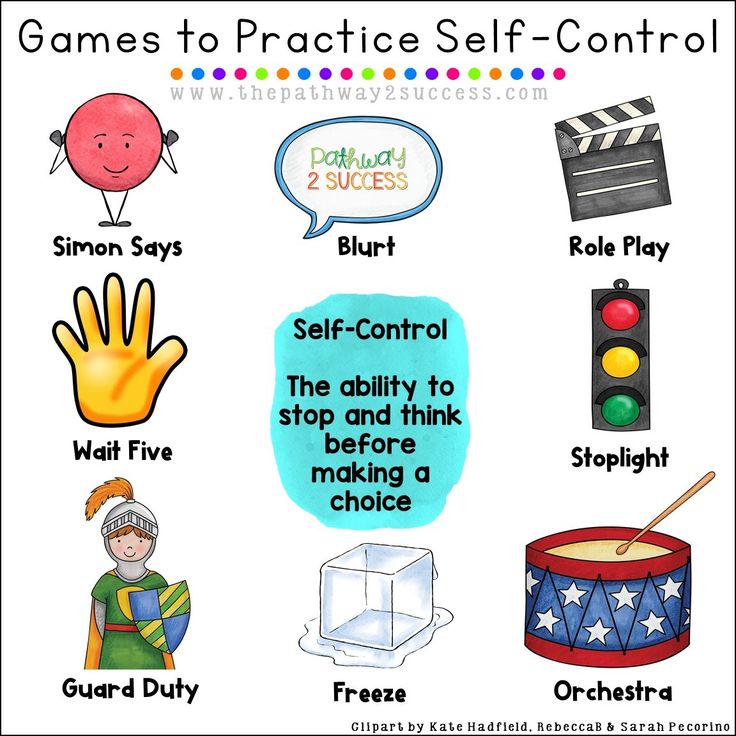
In the game, the preschooler becomes the subject of an activity in which he must prove himself as a person, find a way to solve a particular problem. Guys don't do it. difficult, because everything happens as if for fun. But they survive the situation and subconsciously learn the rules of behavior and communication quite seriously.
What is the basis of education in the center
Preschool children have a very vivid imagination. Knowing the age characteristics of children, the ability to find an individual approach to the child allows you to build confidence and independence of each, to teach self-control and communication techniques, to stimulate curiosity and the desire for cooperation.
The relaxed environment of communication, the benevolence of adults help each participant in the classes to realize themselves as a participant in personal and social interactions. At preschoolers develop self-confidence, which will be useful to them in later life.